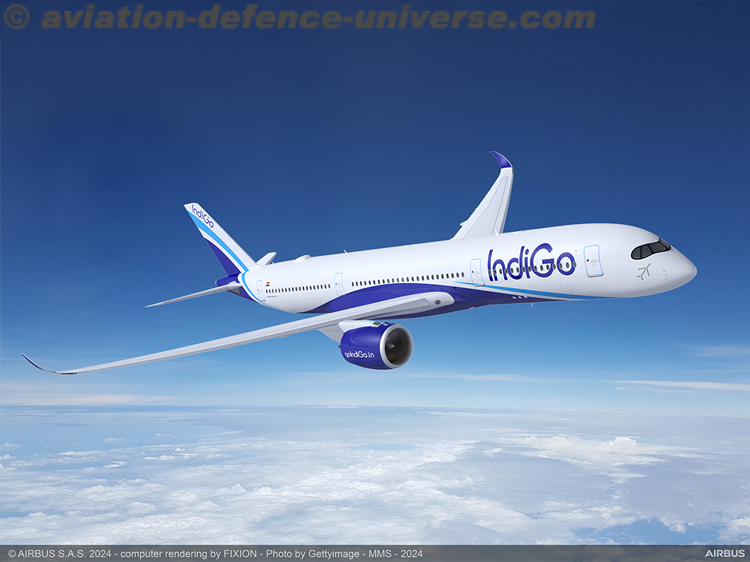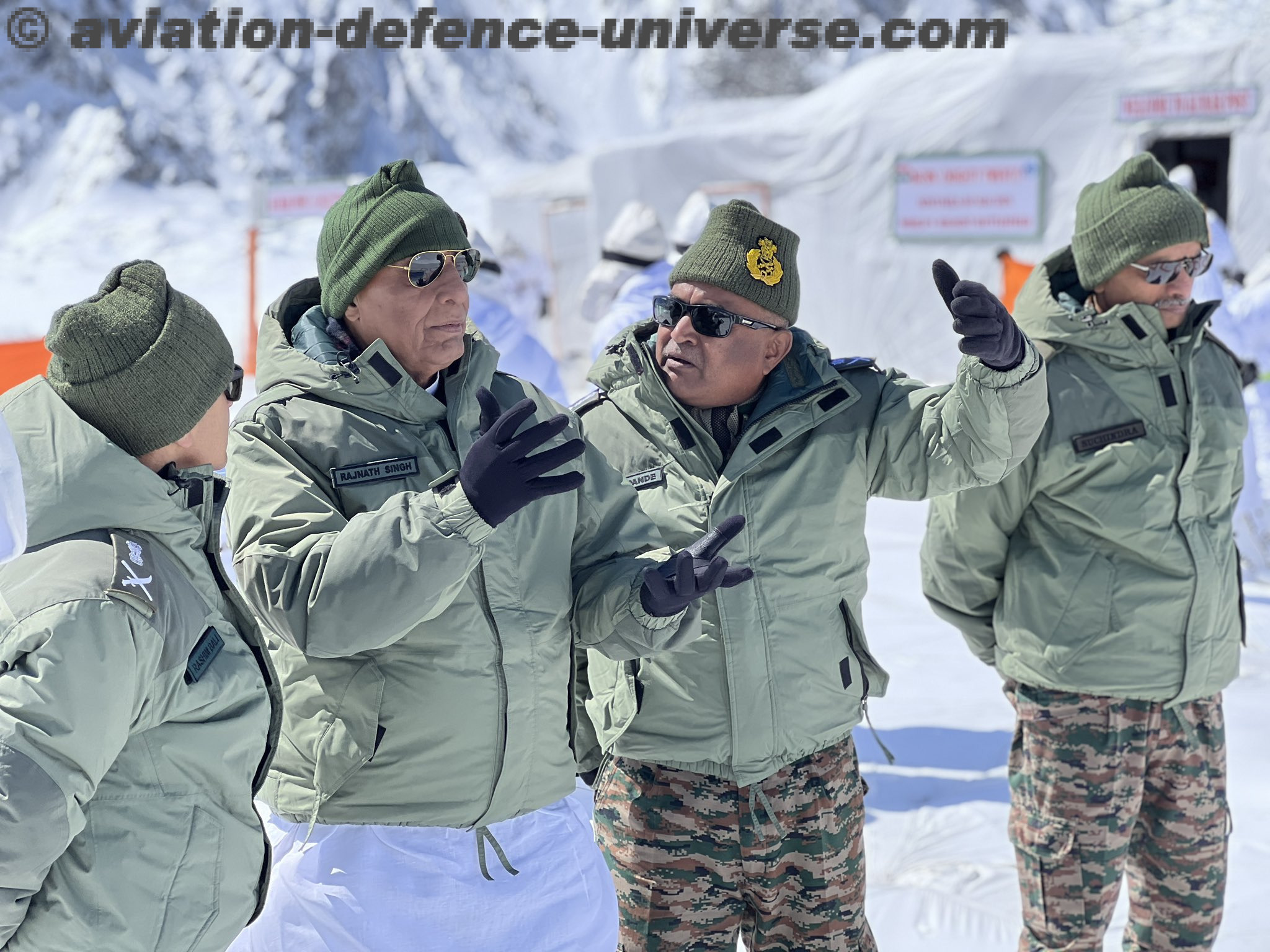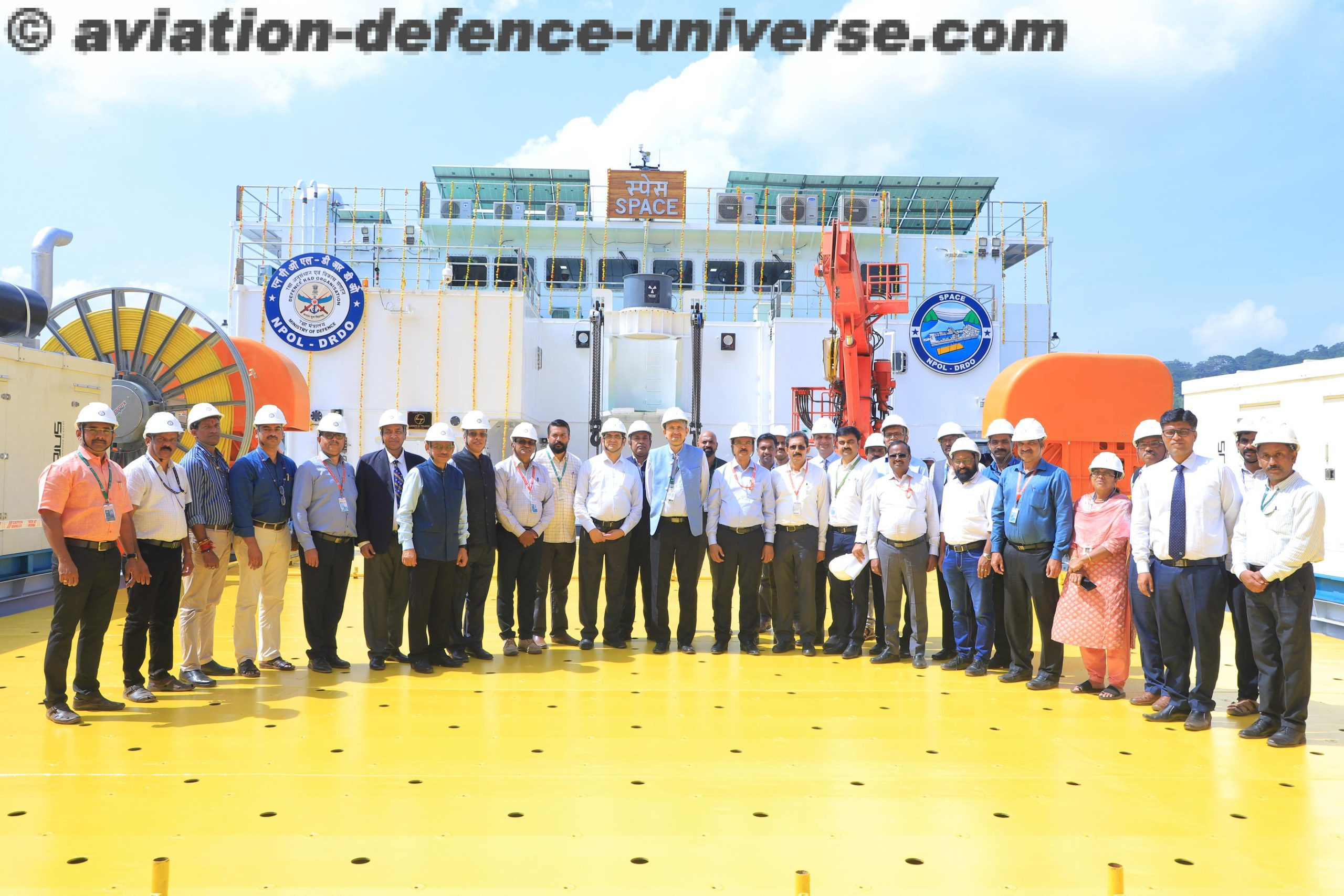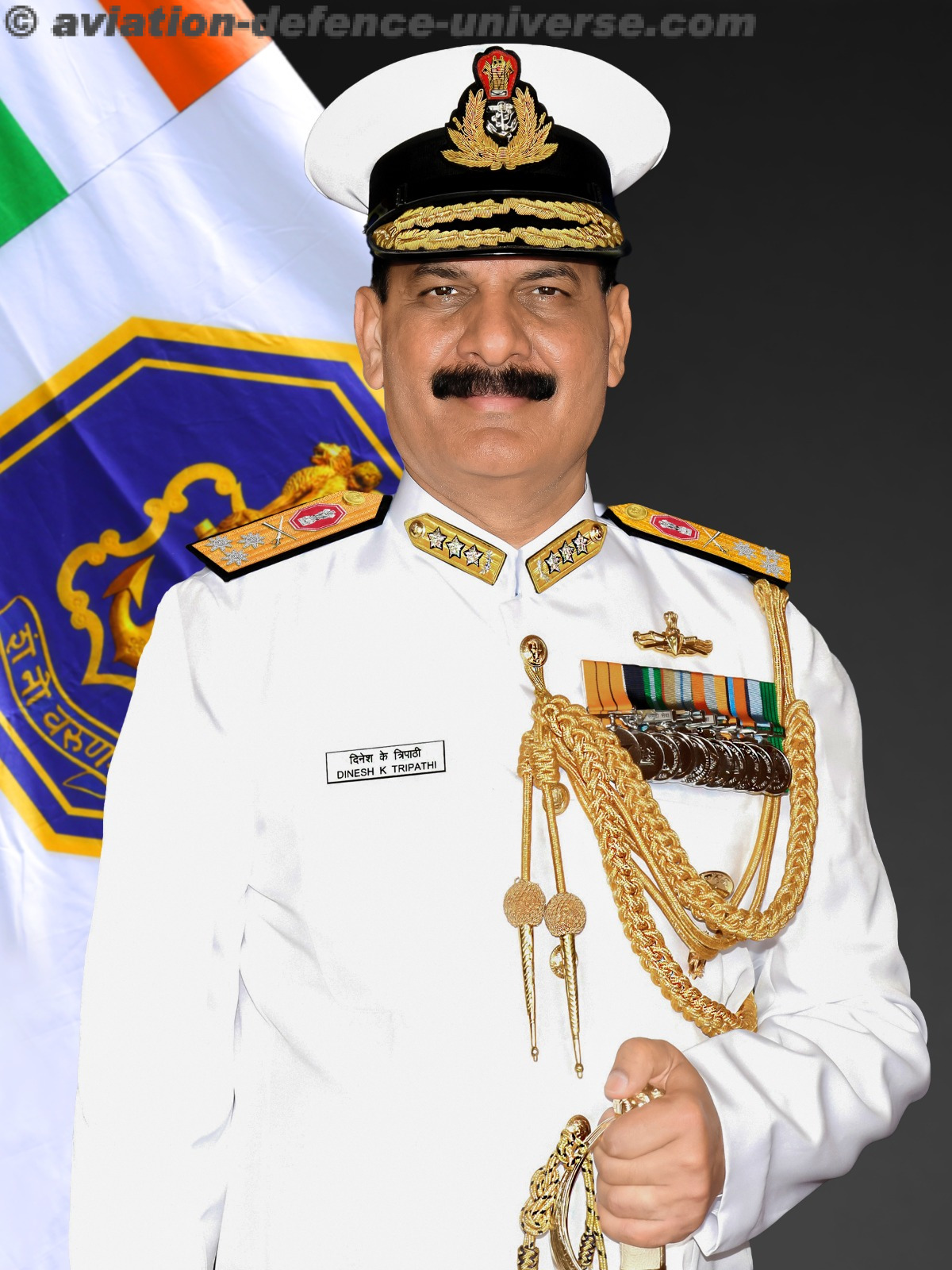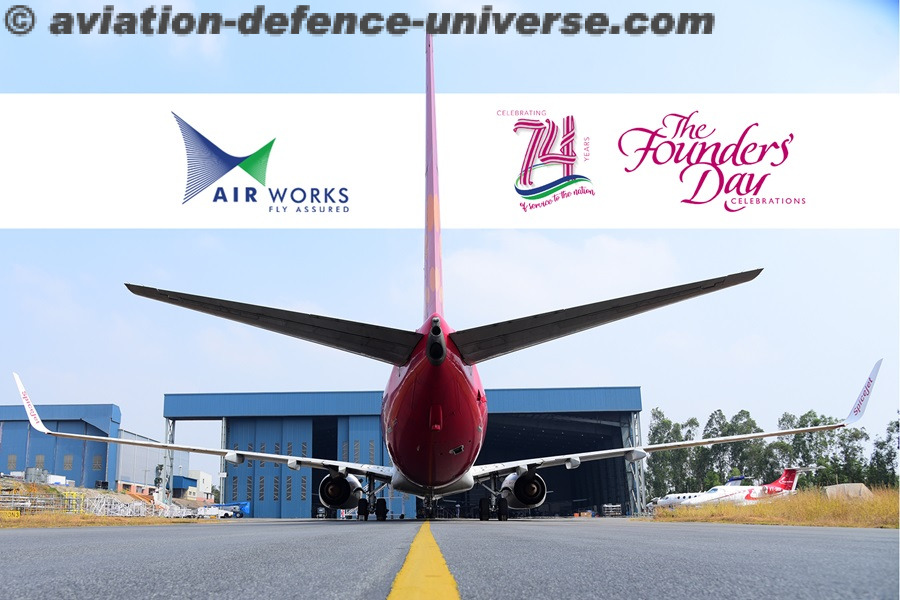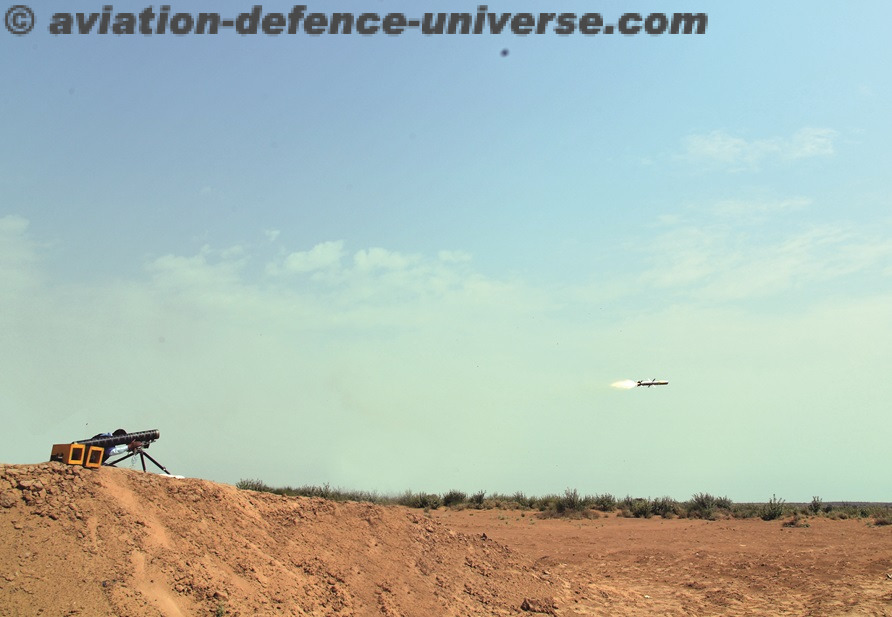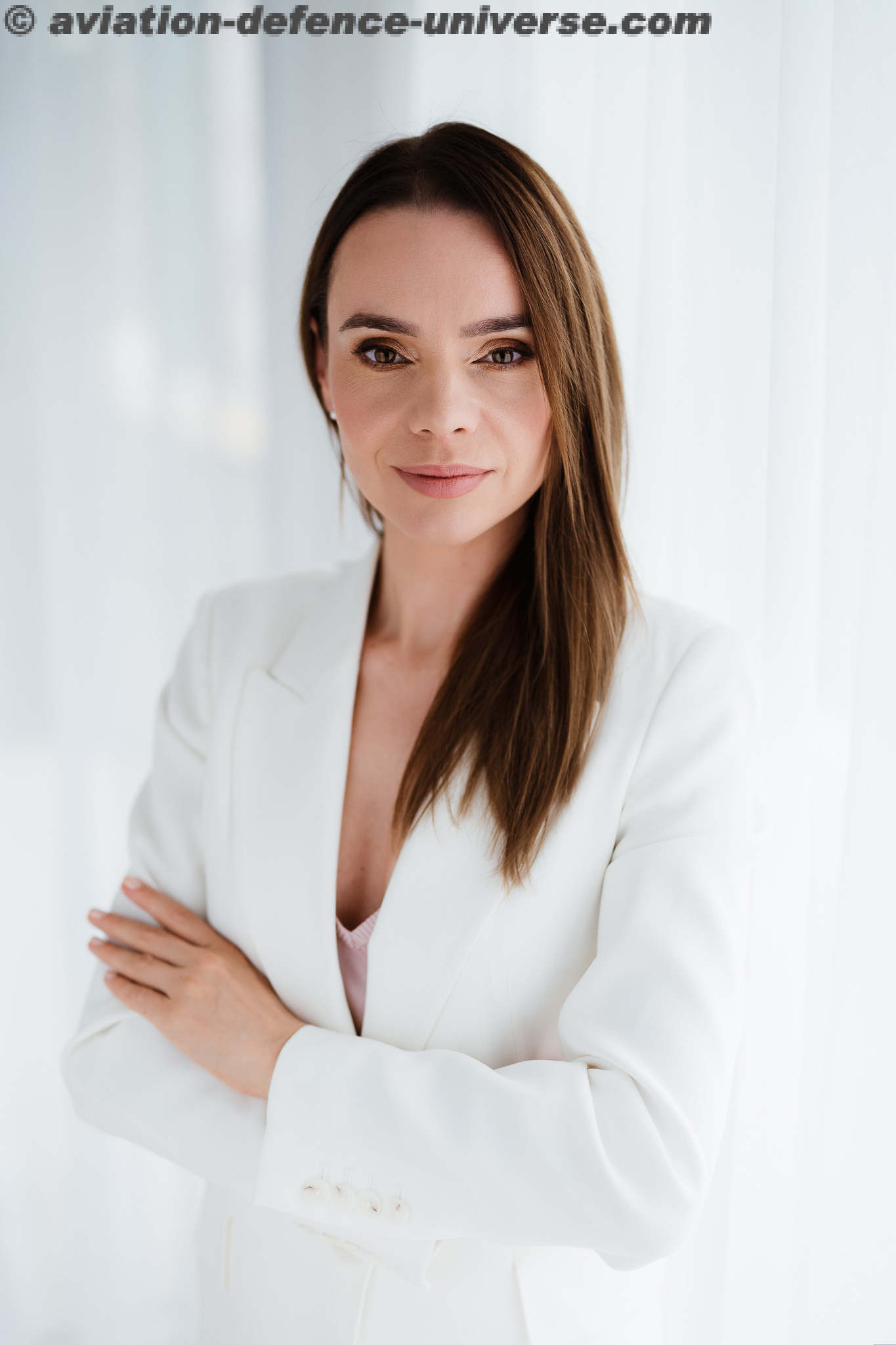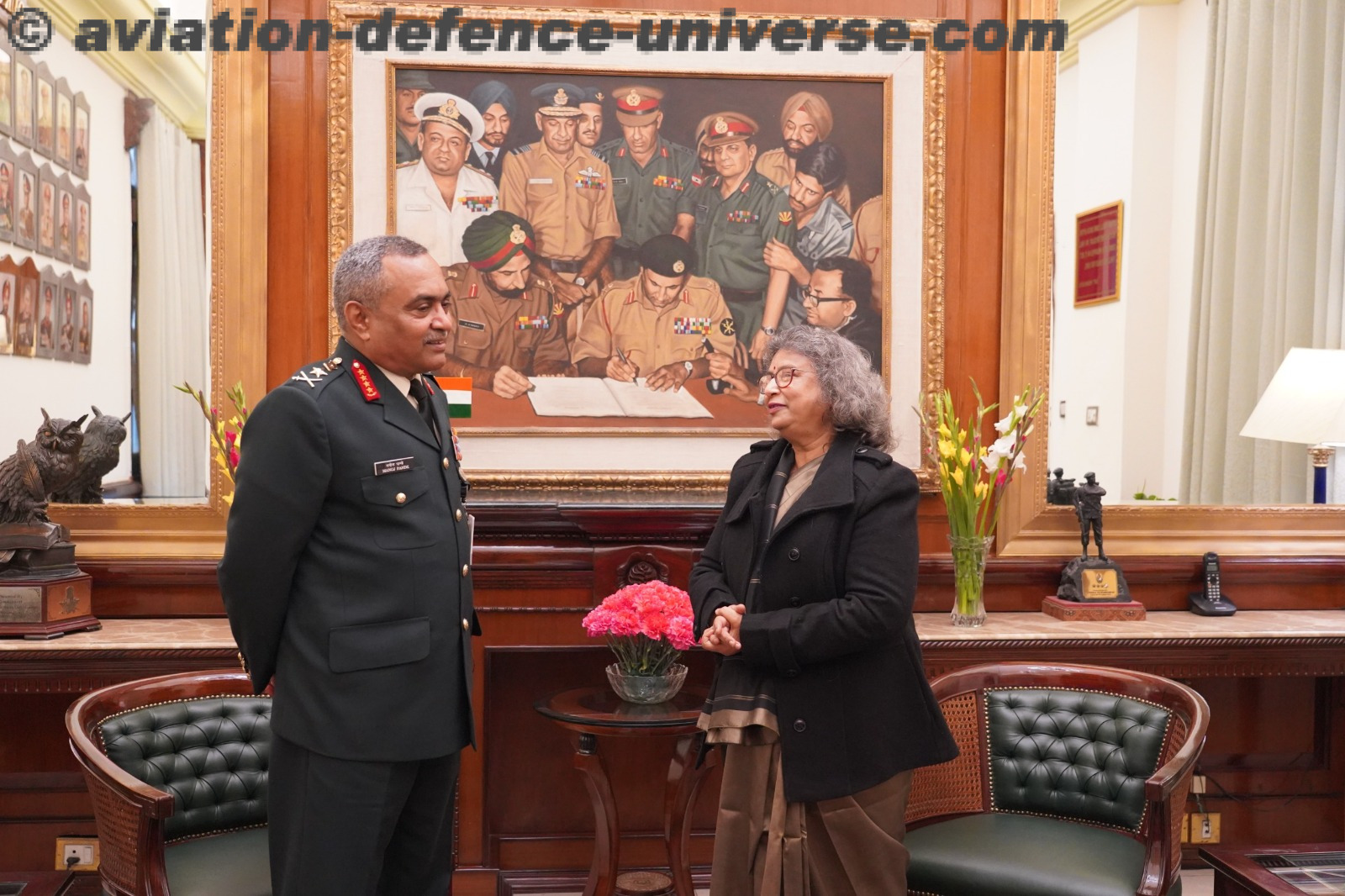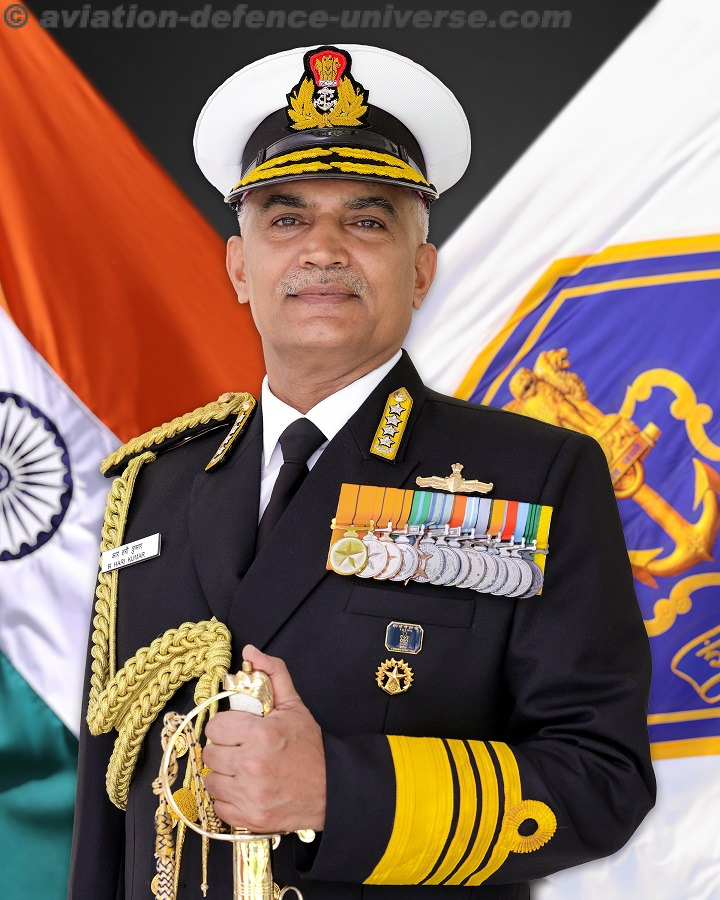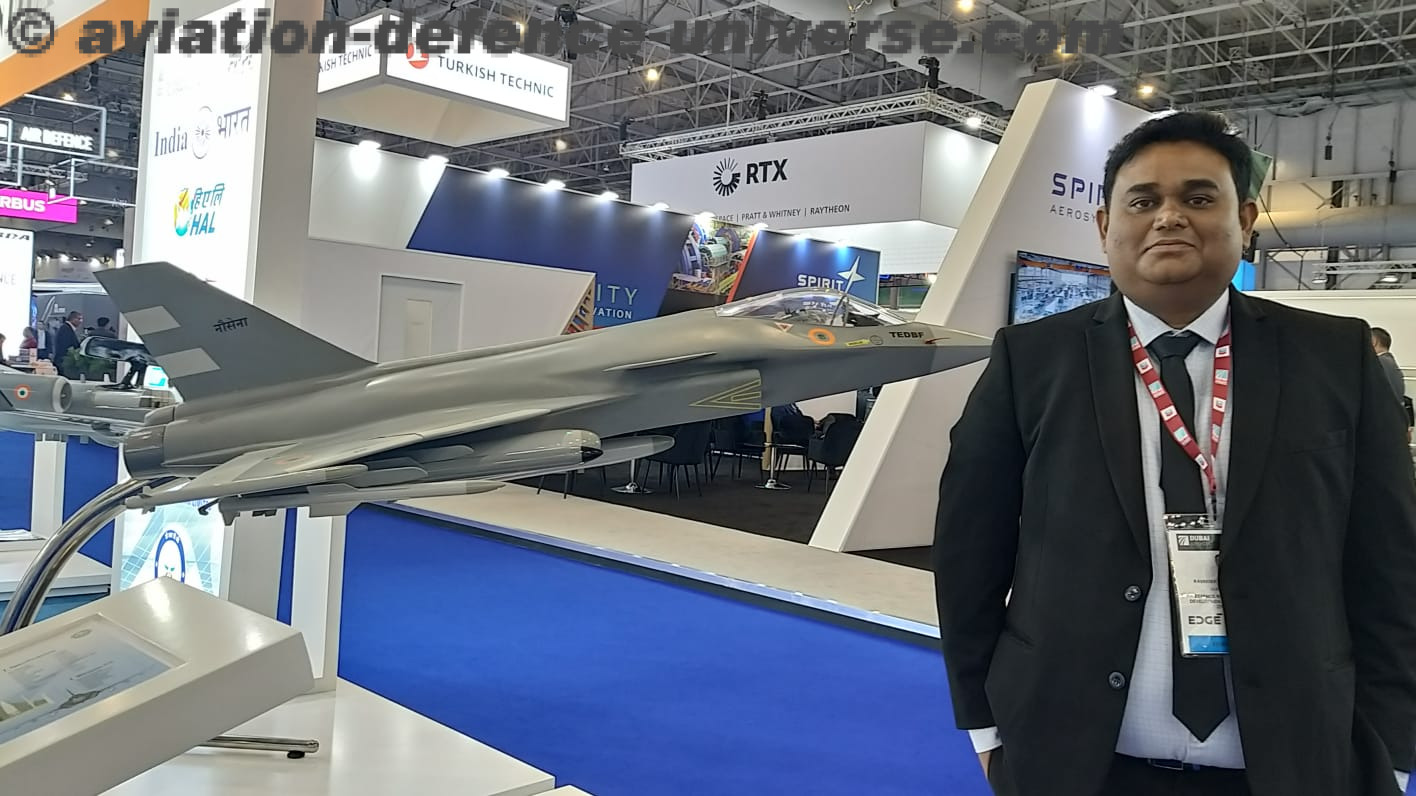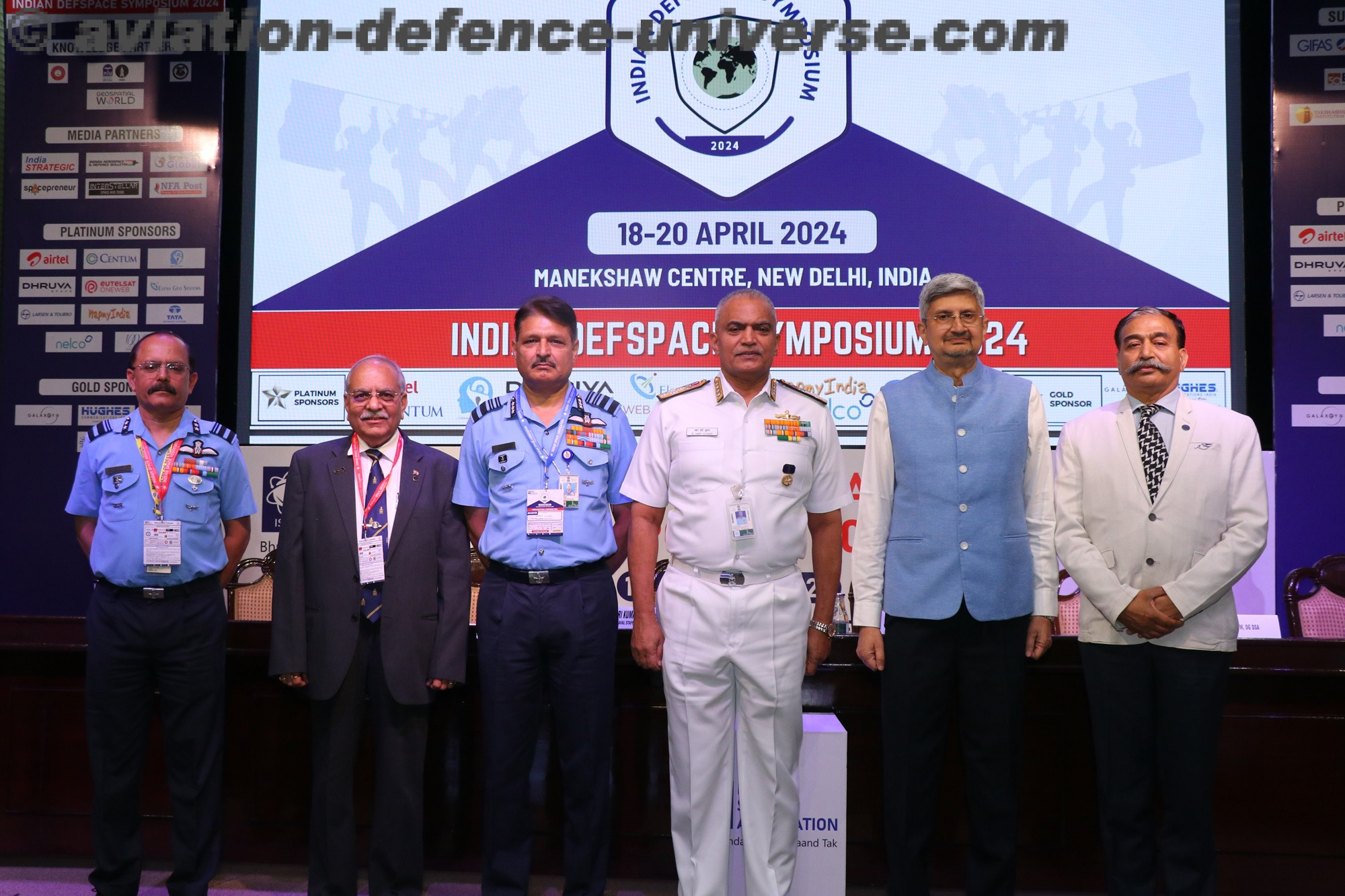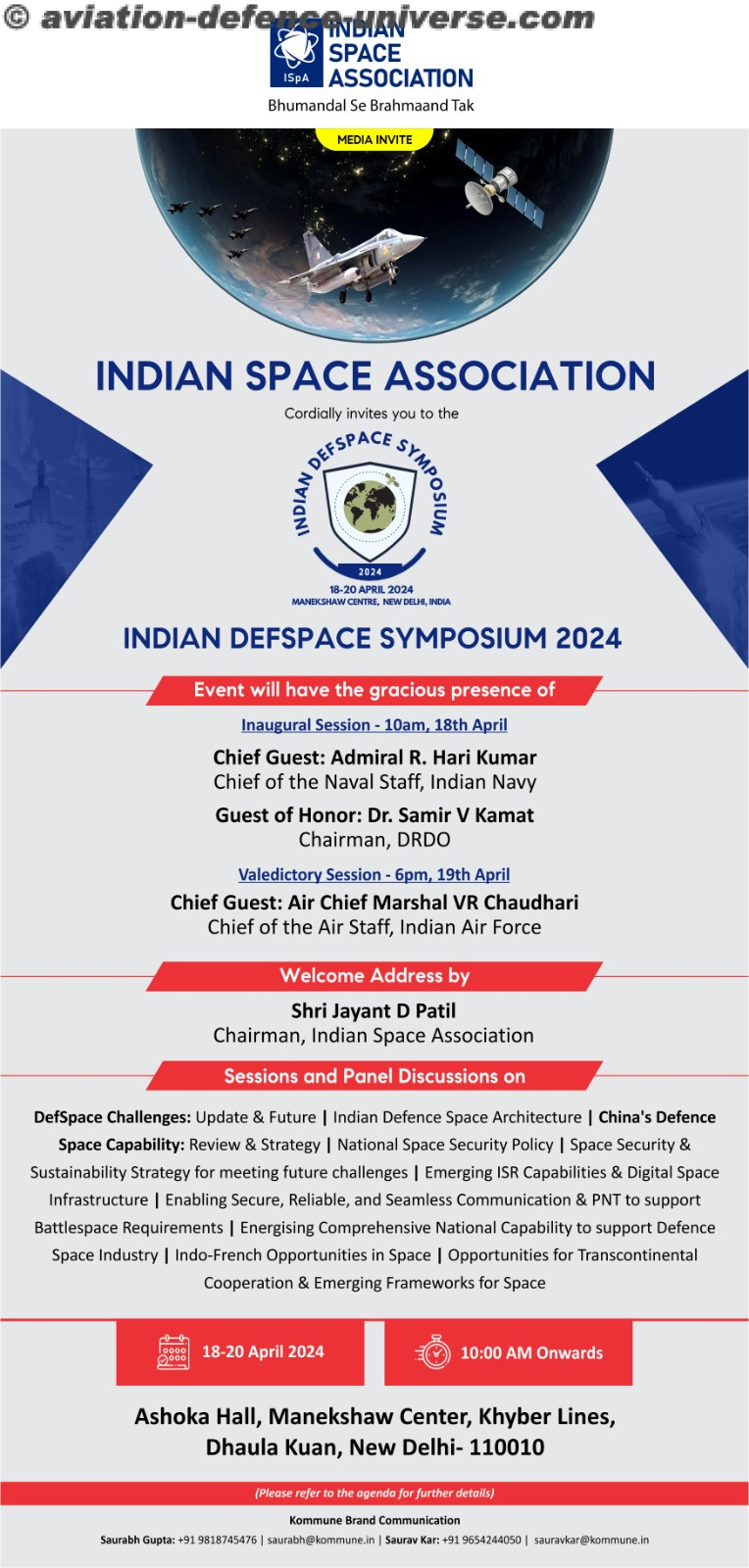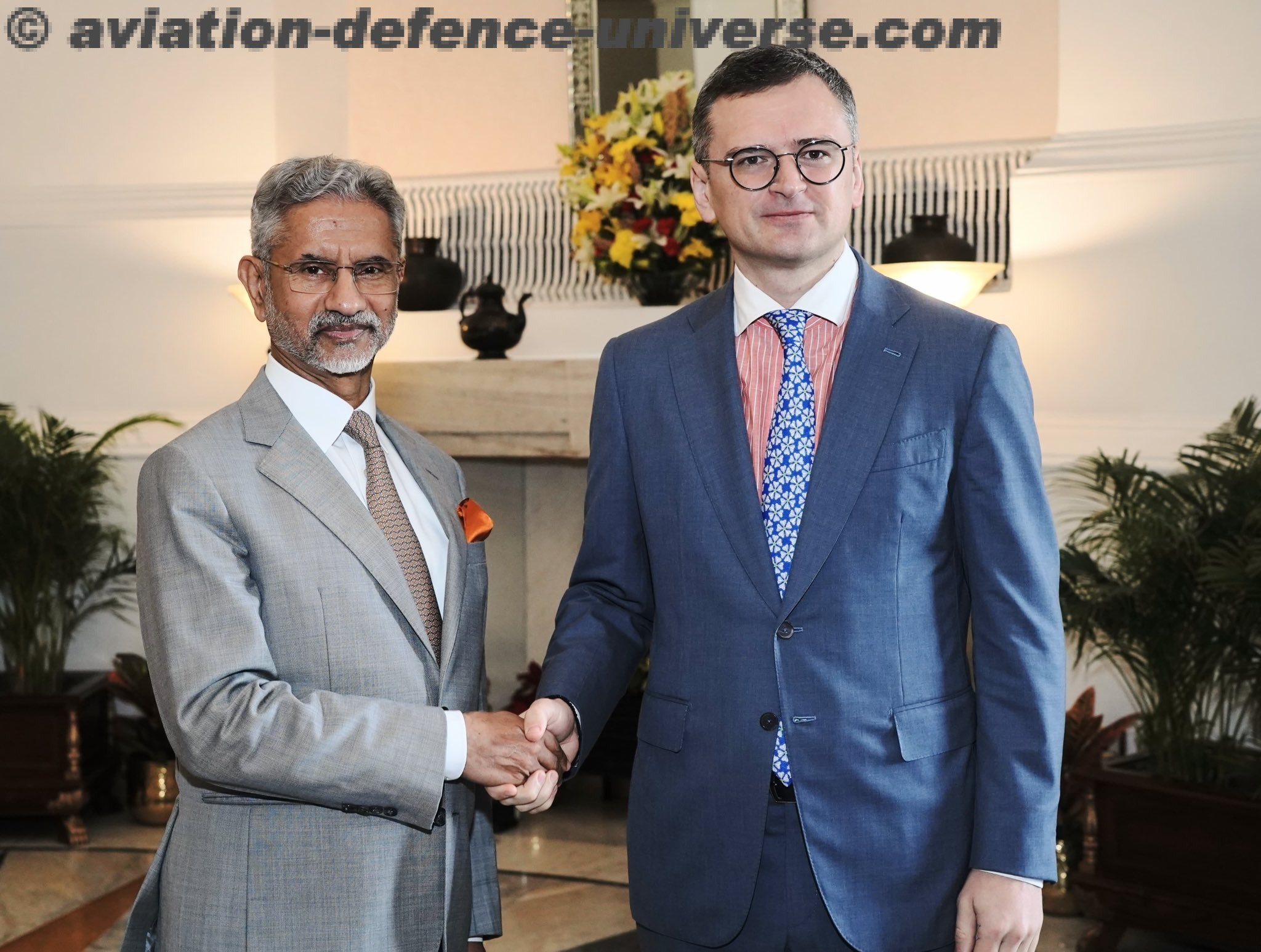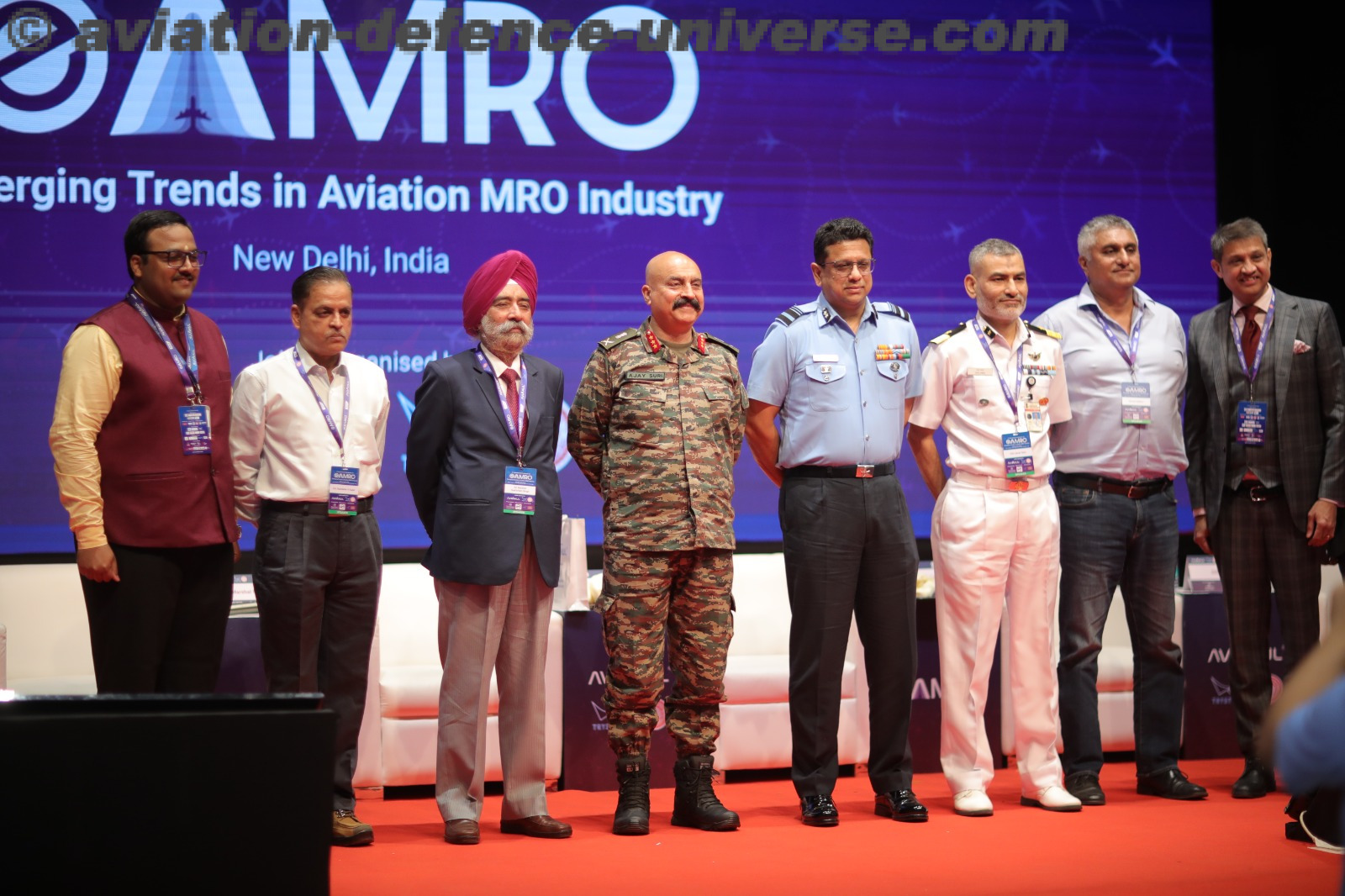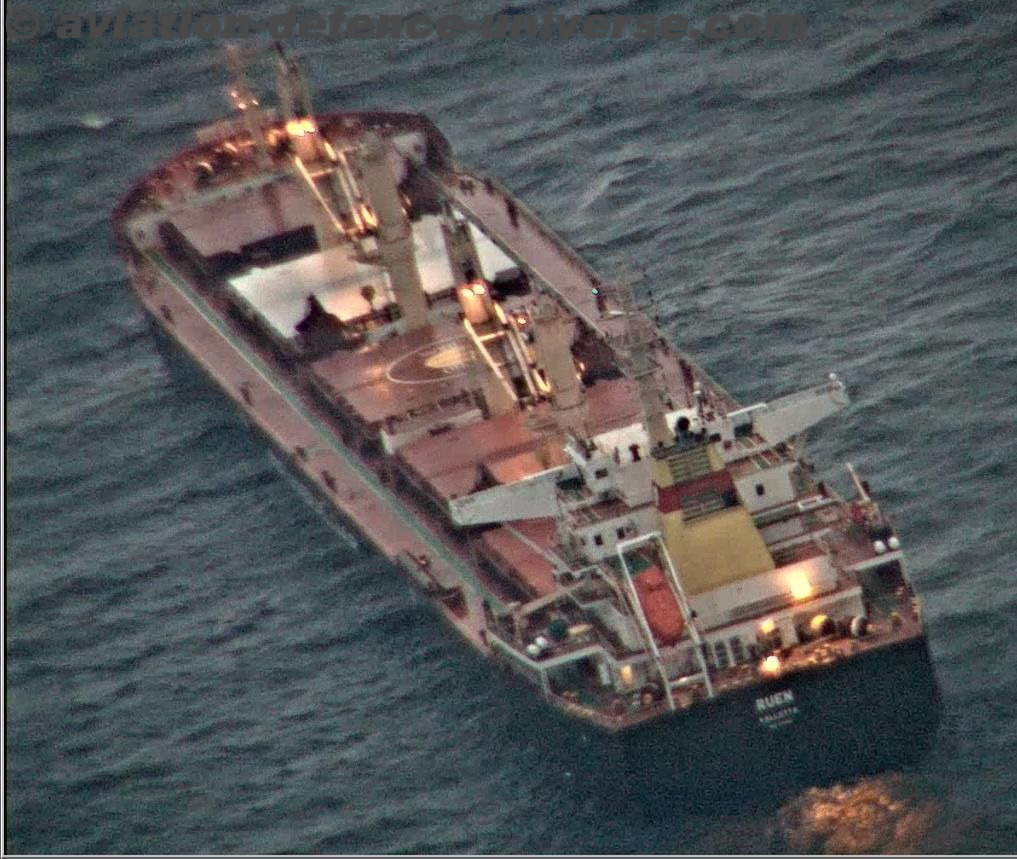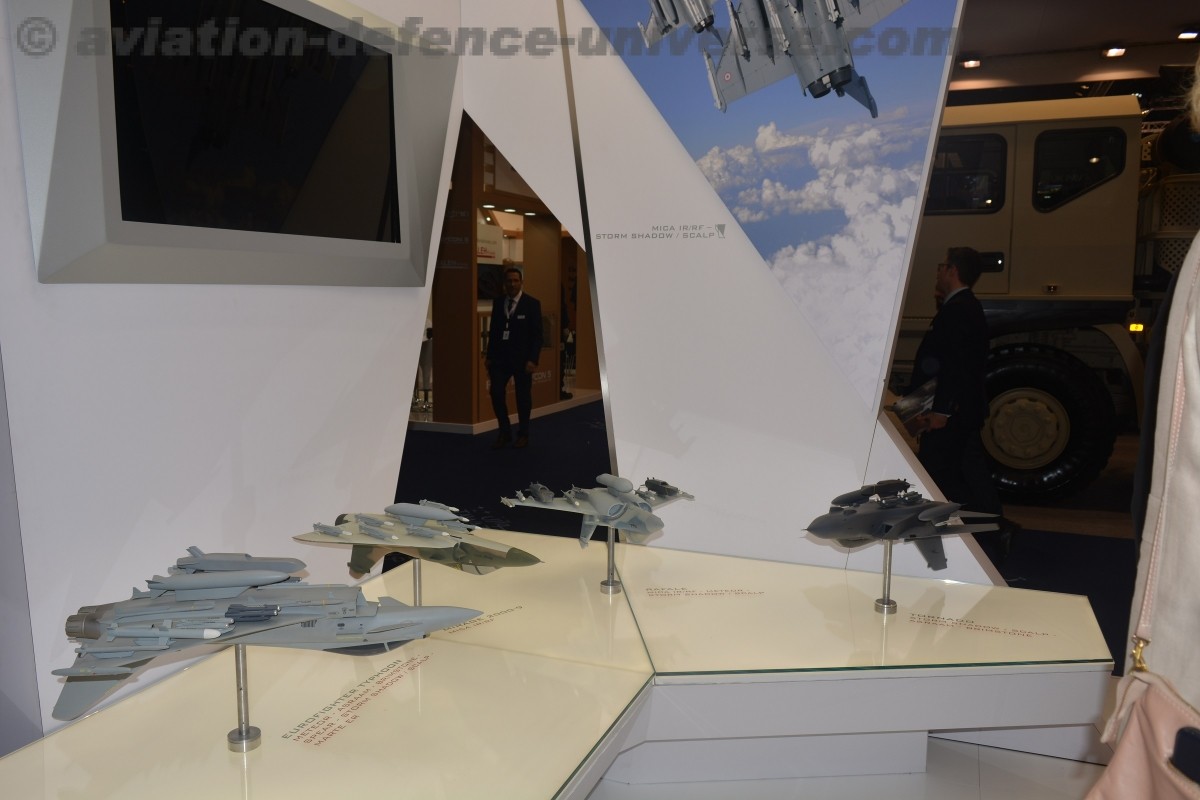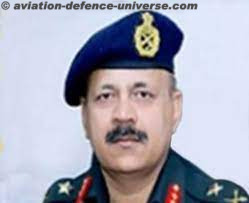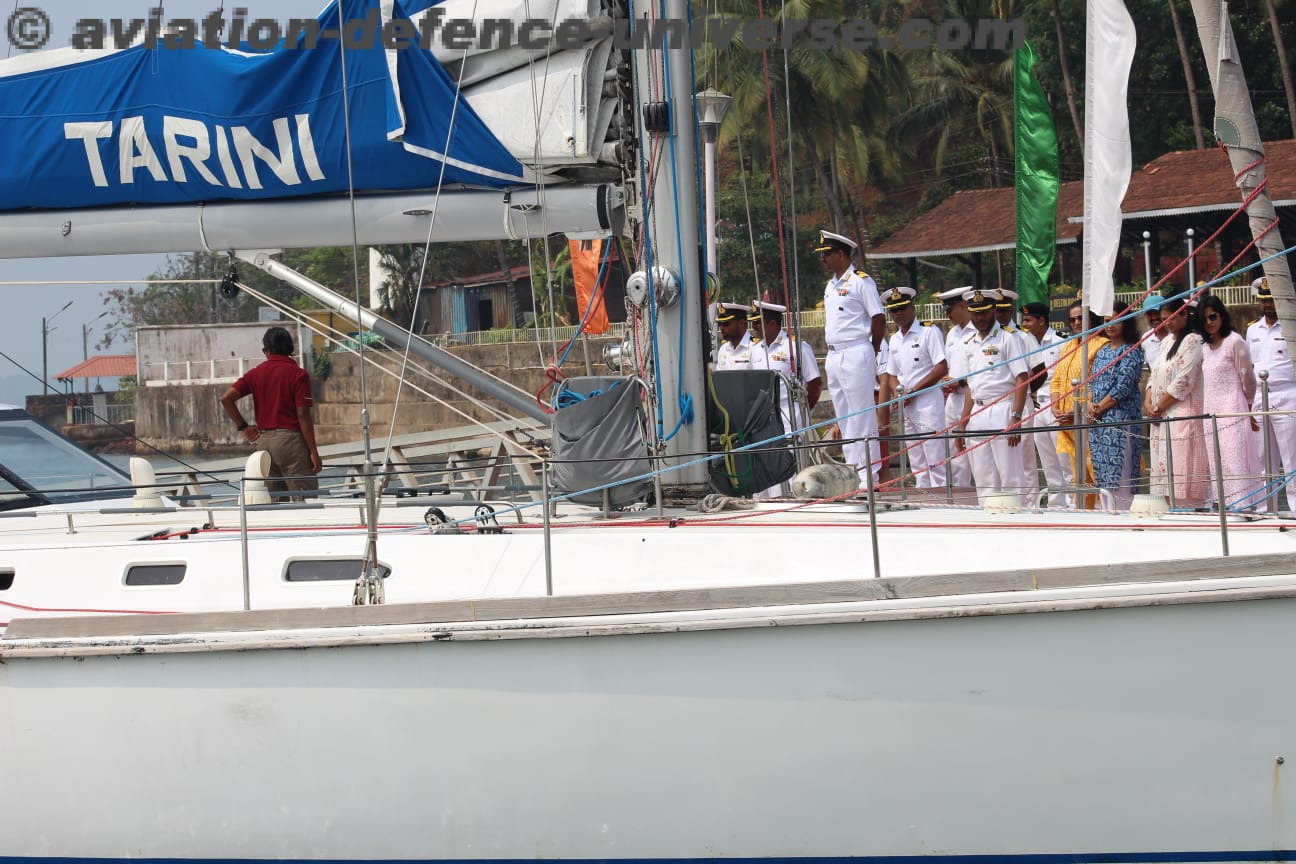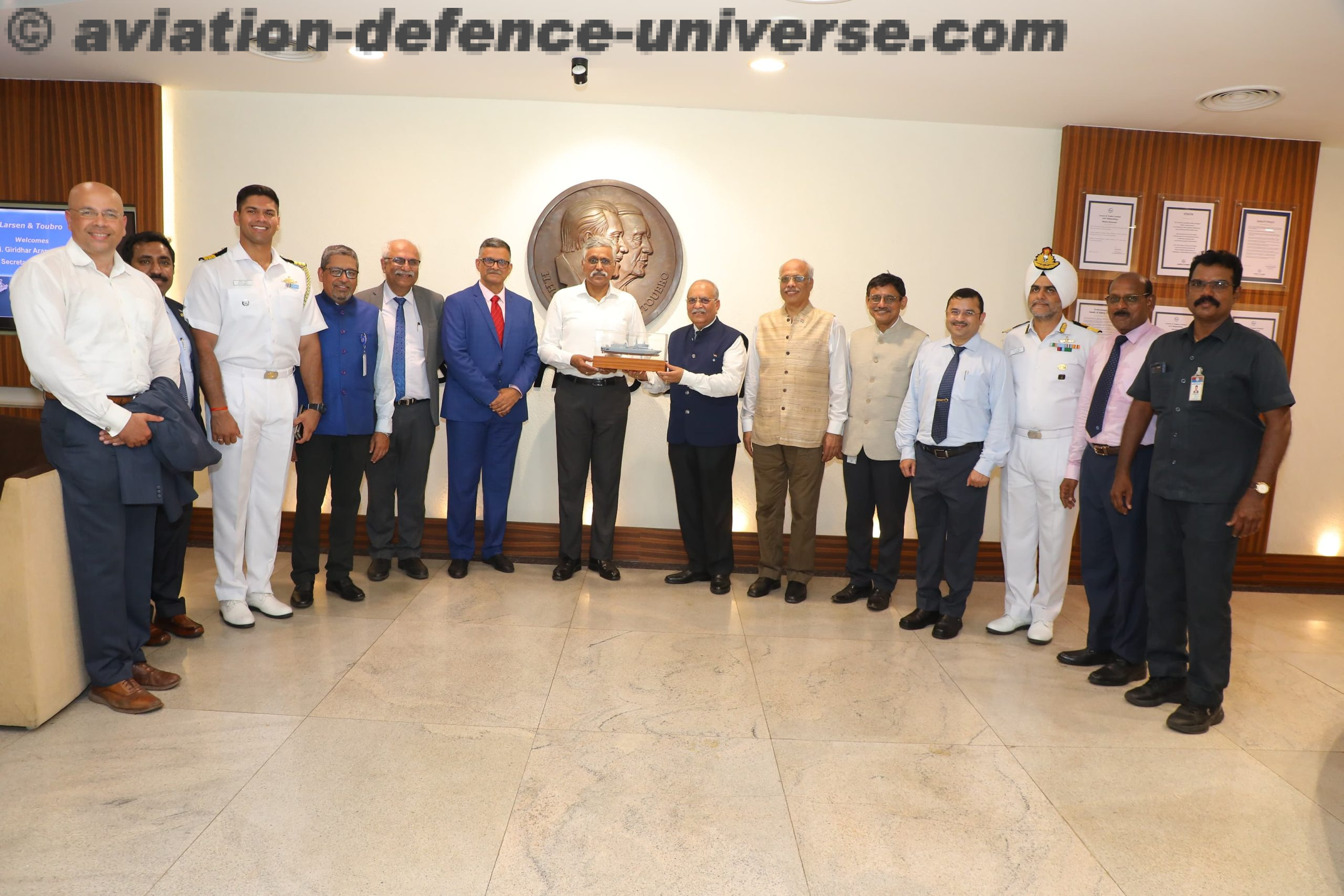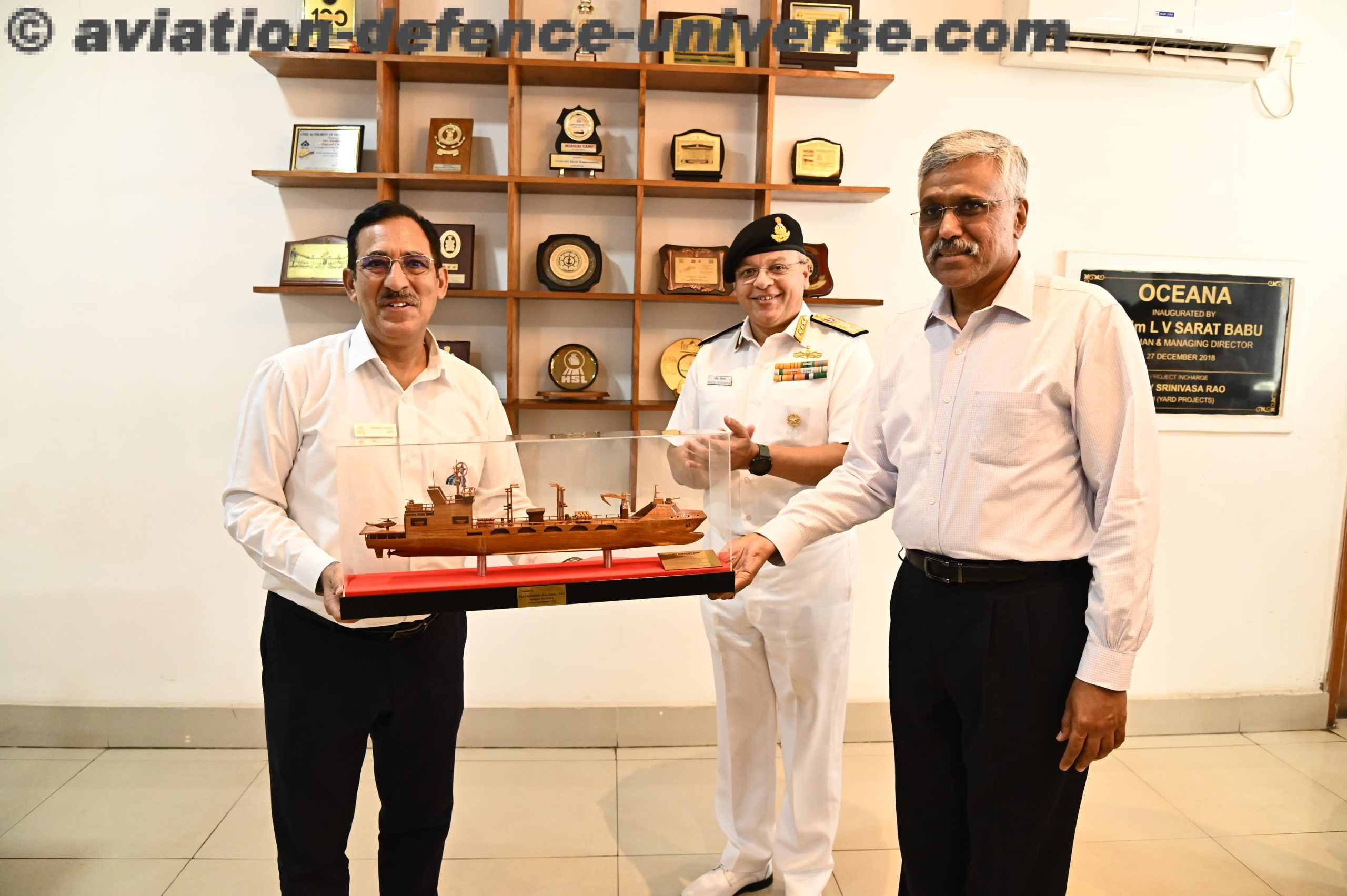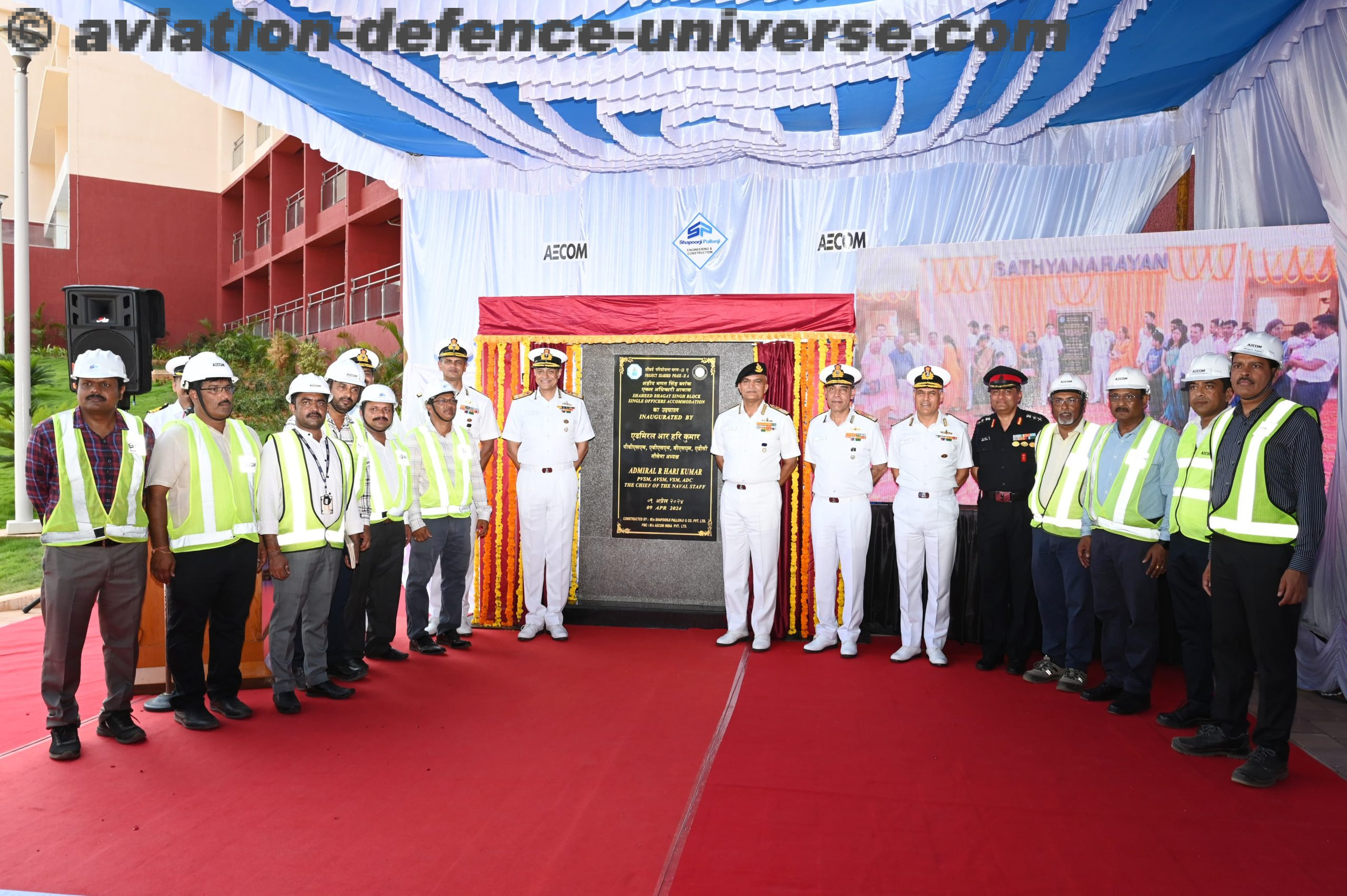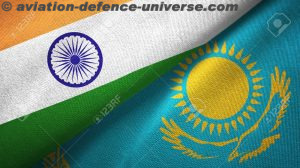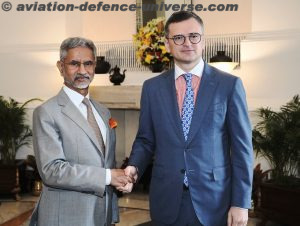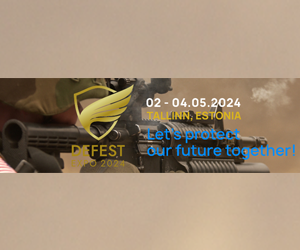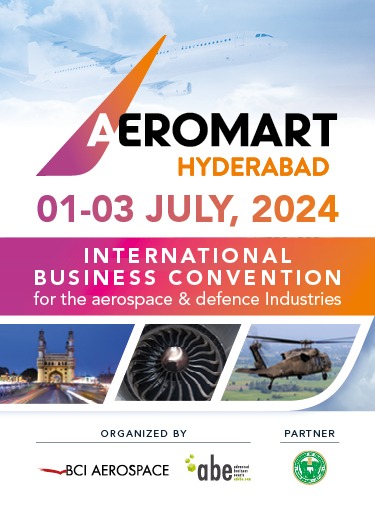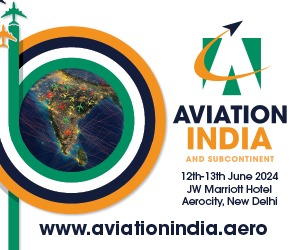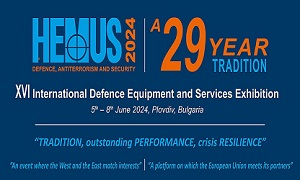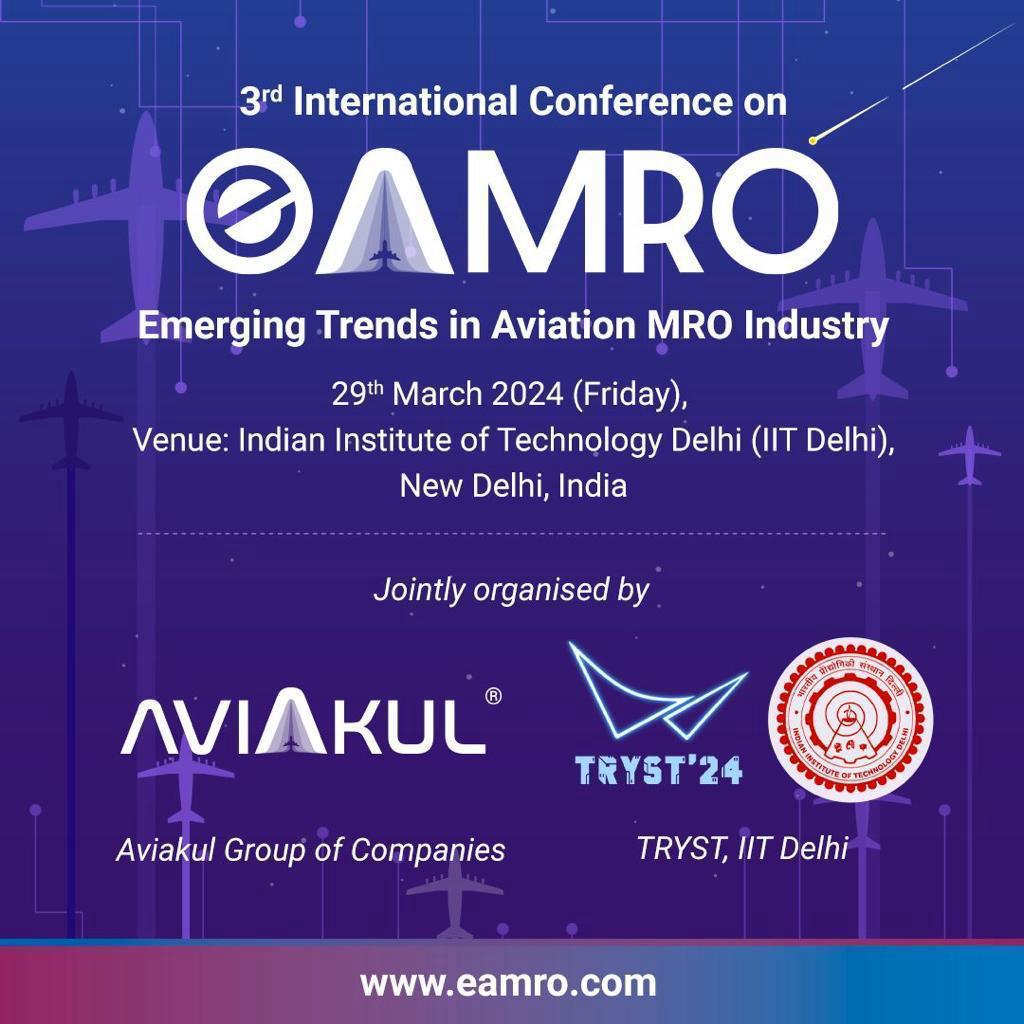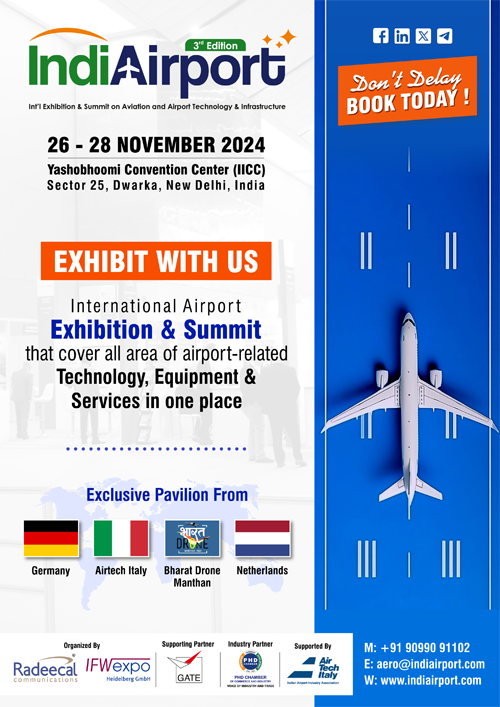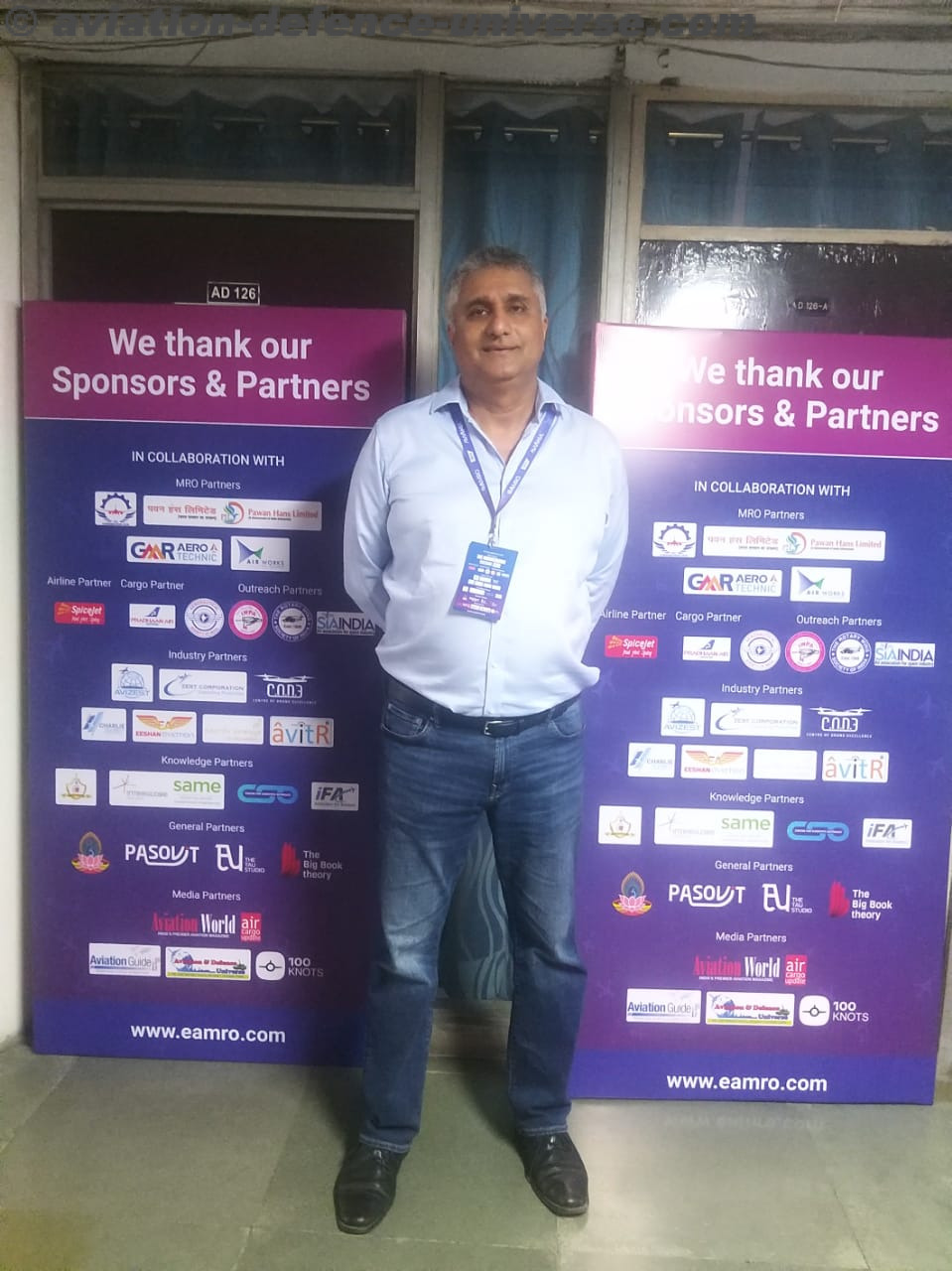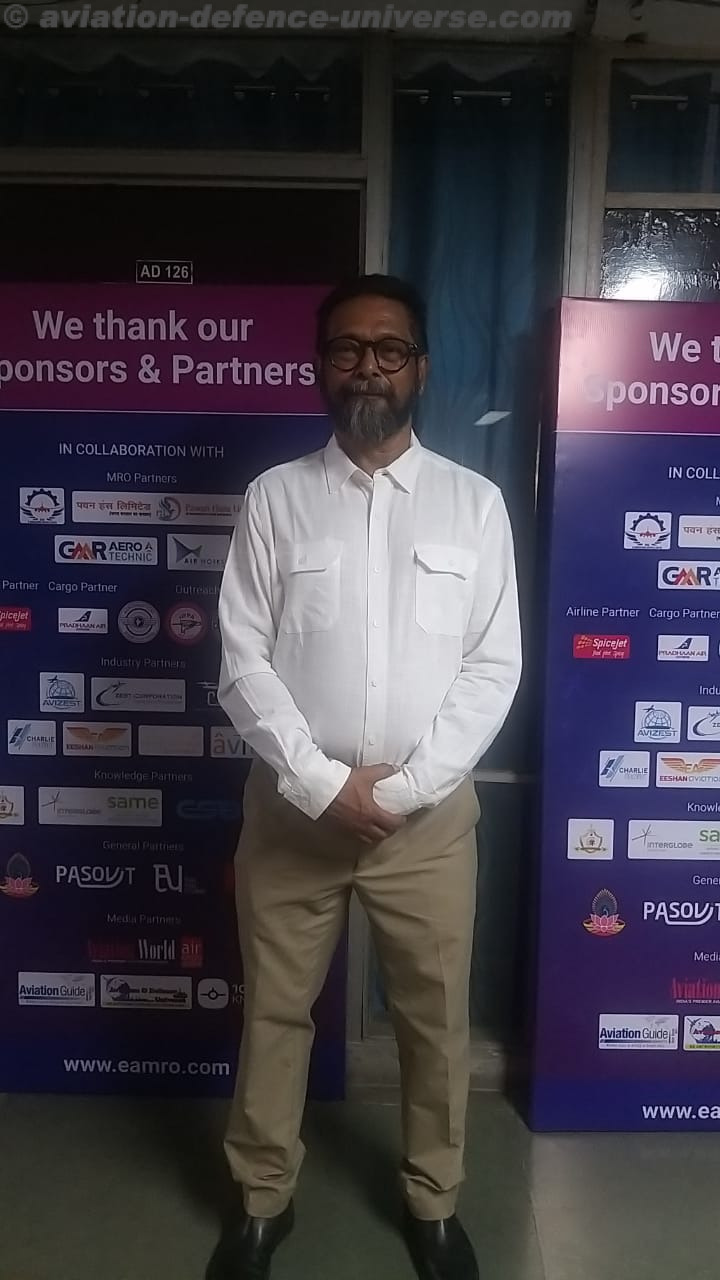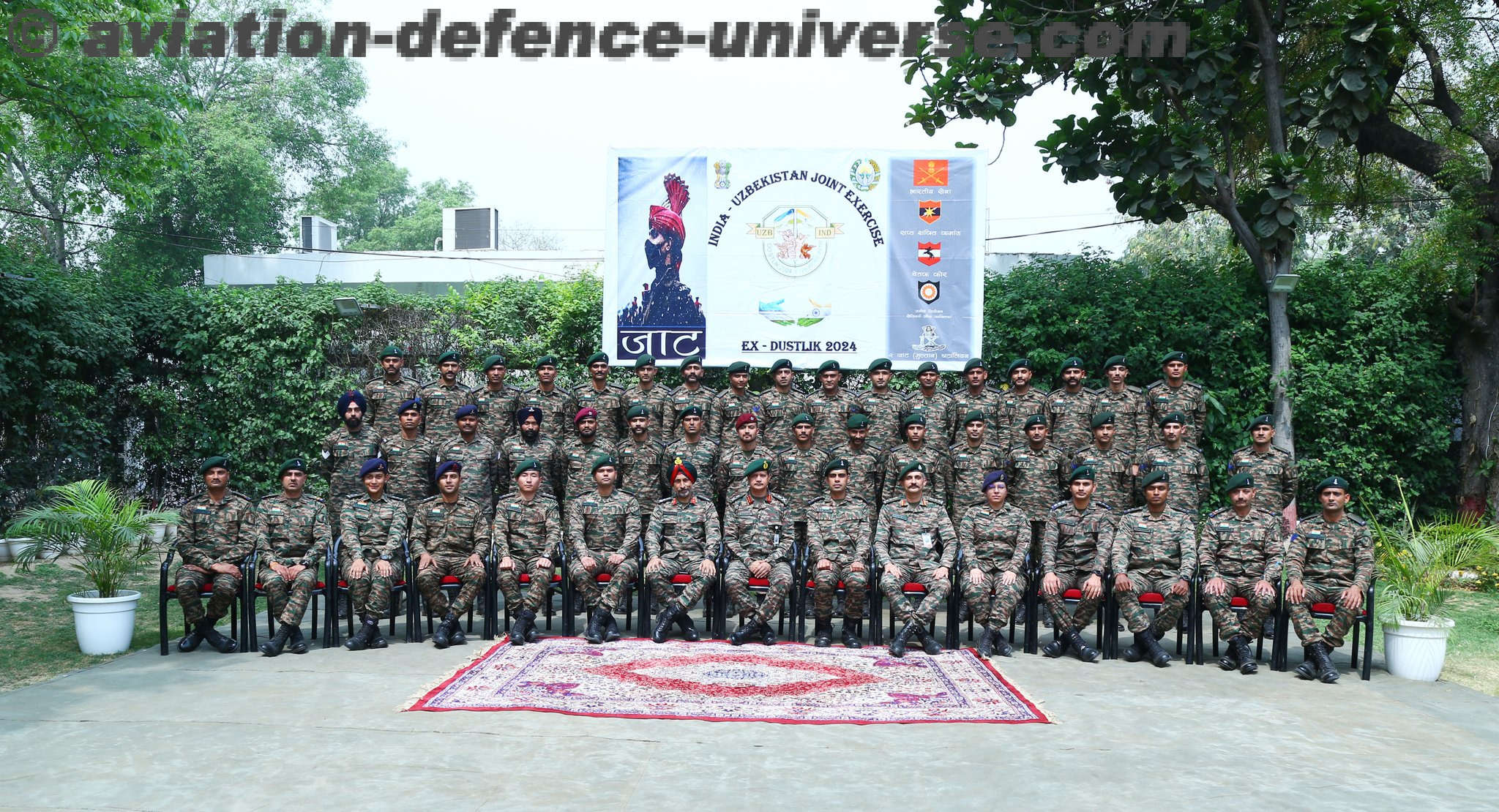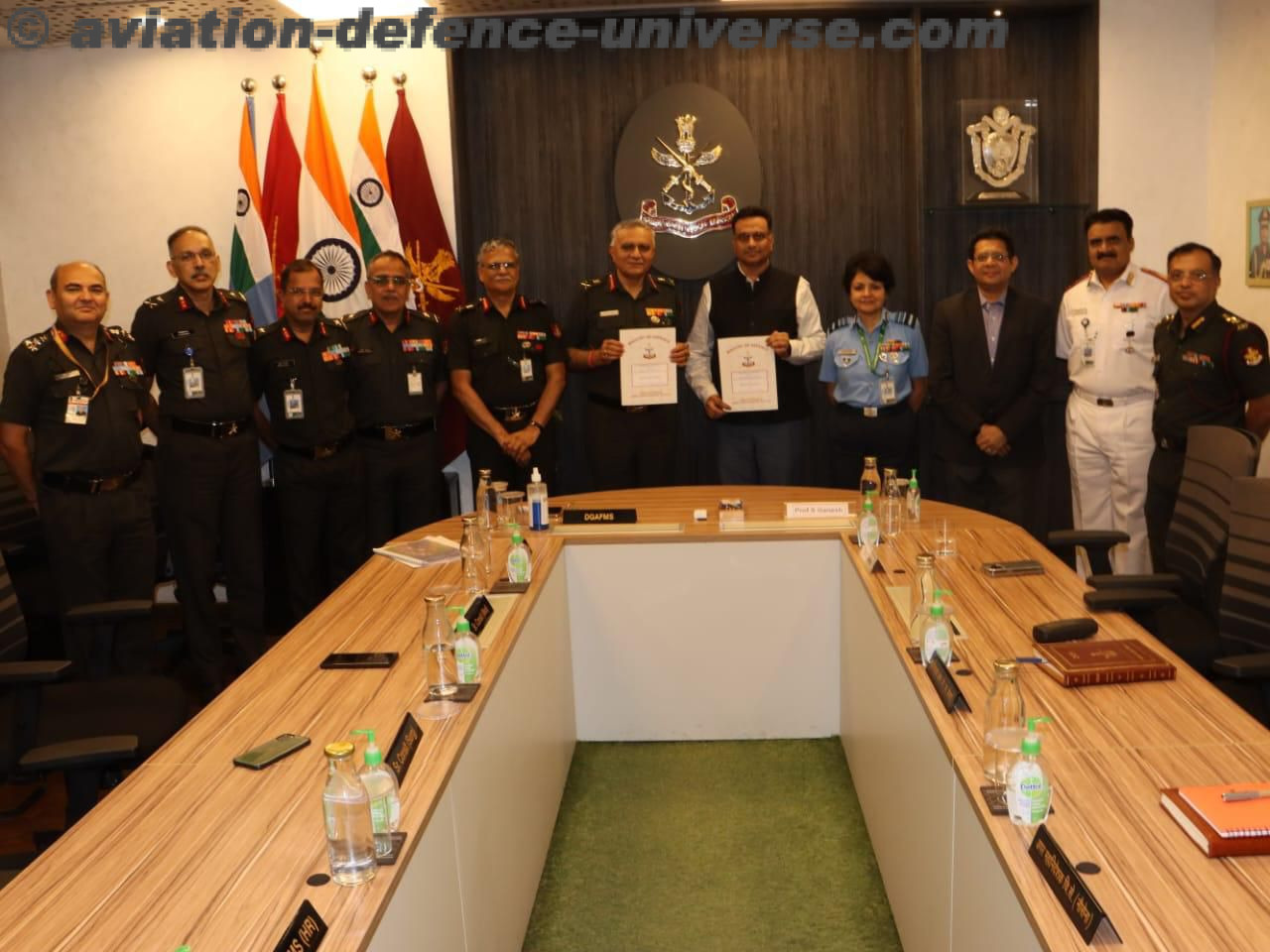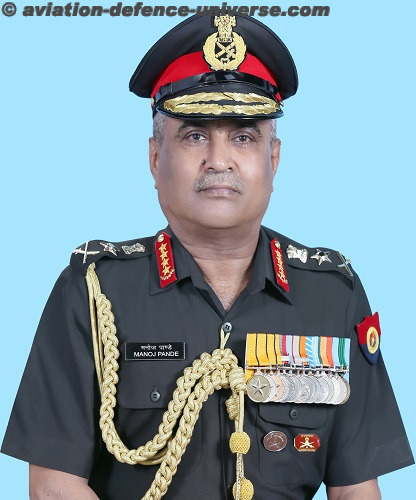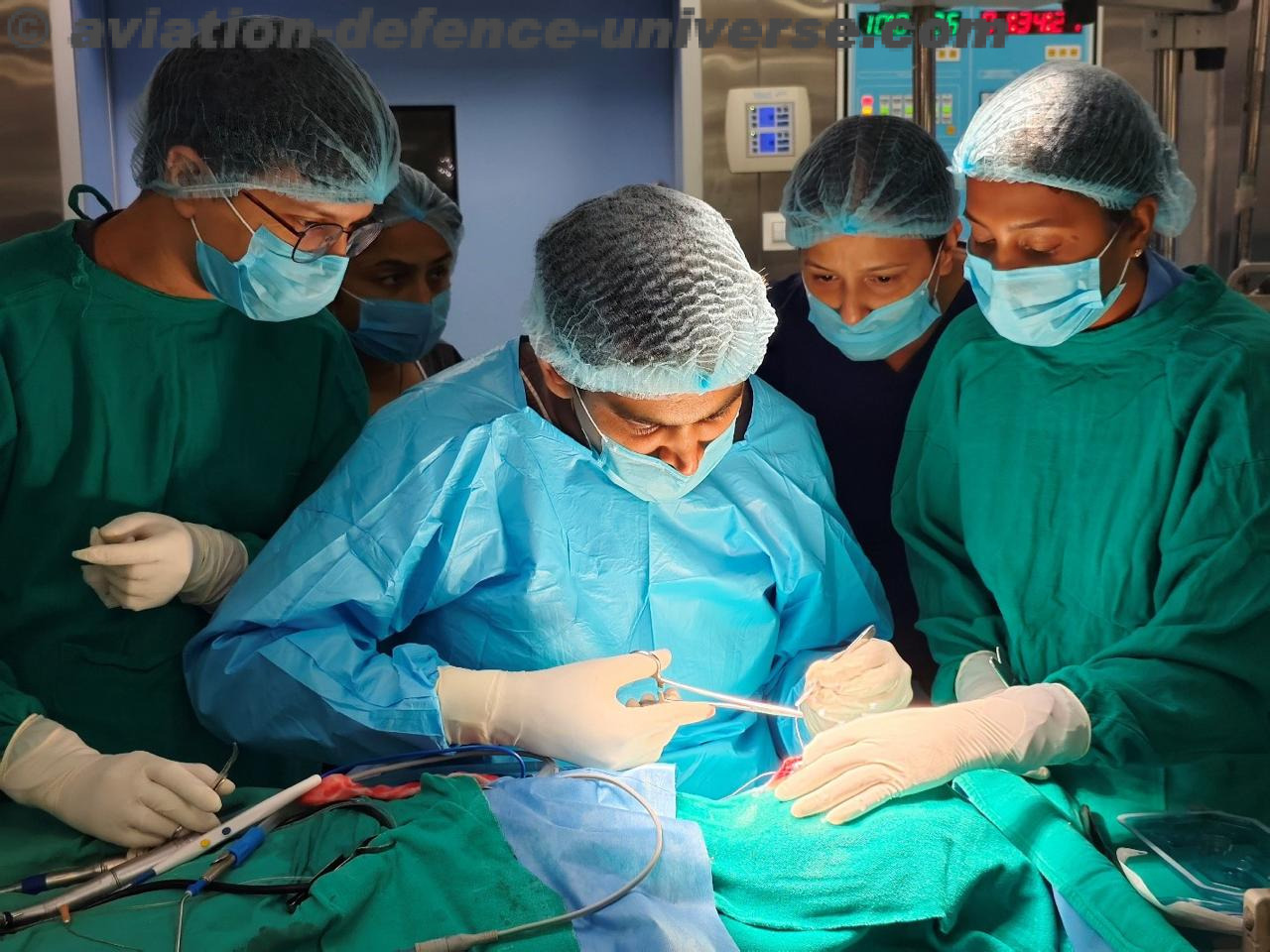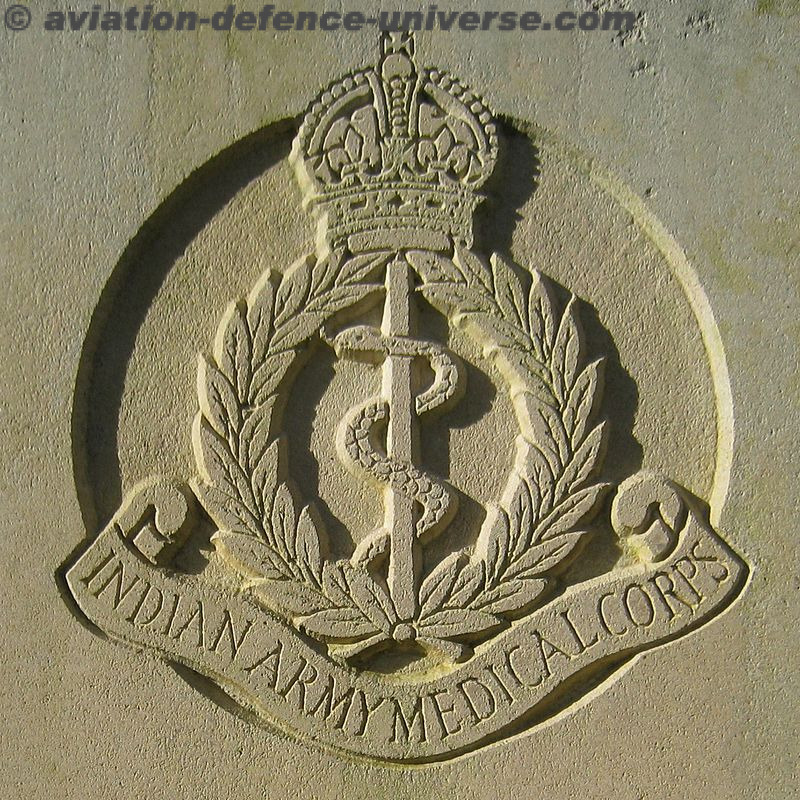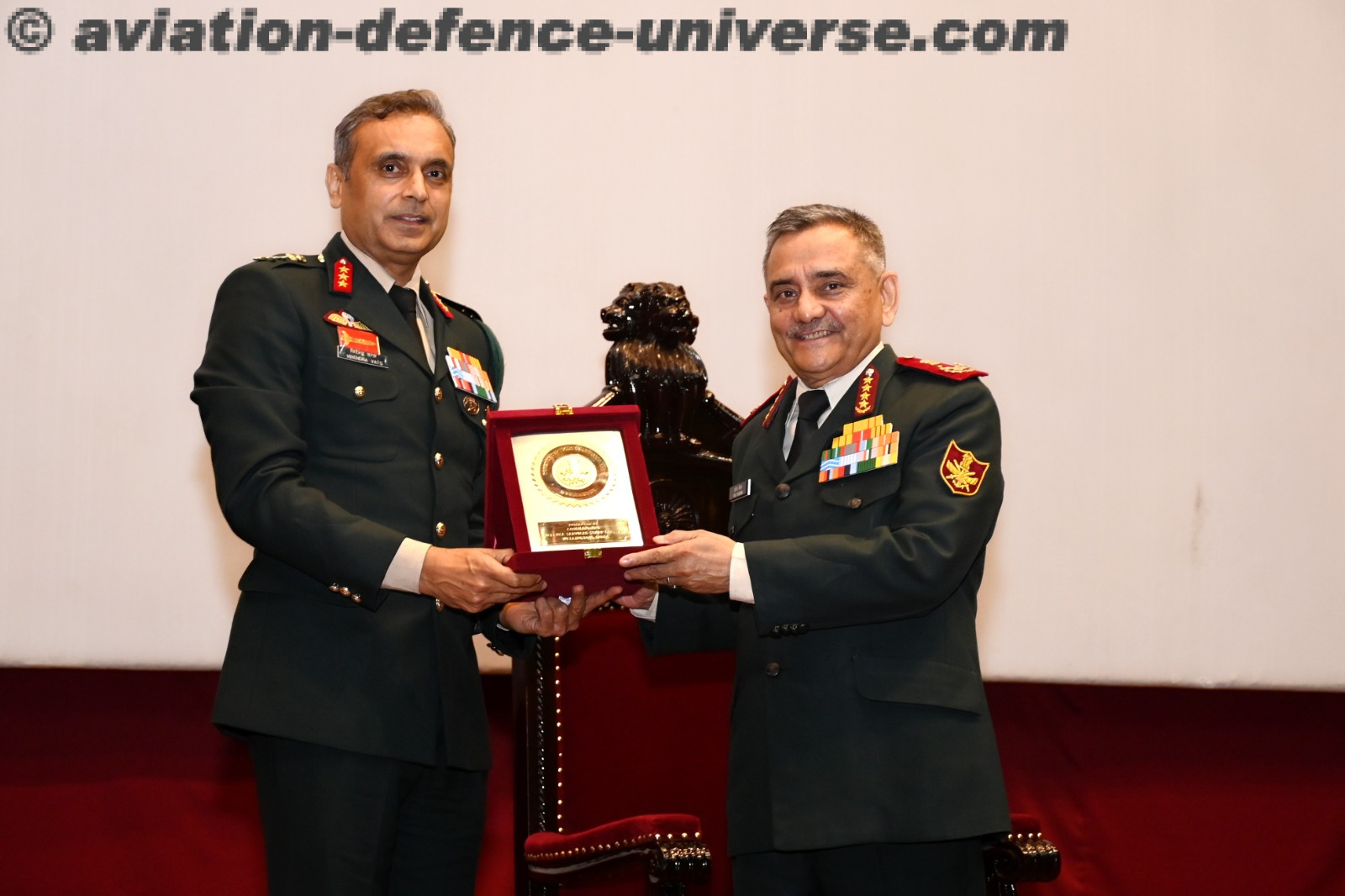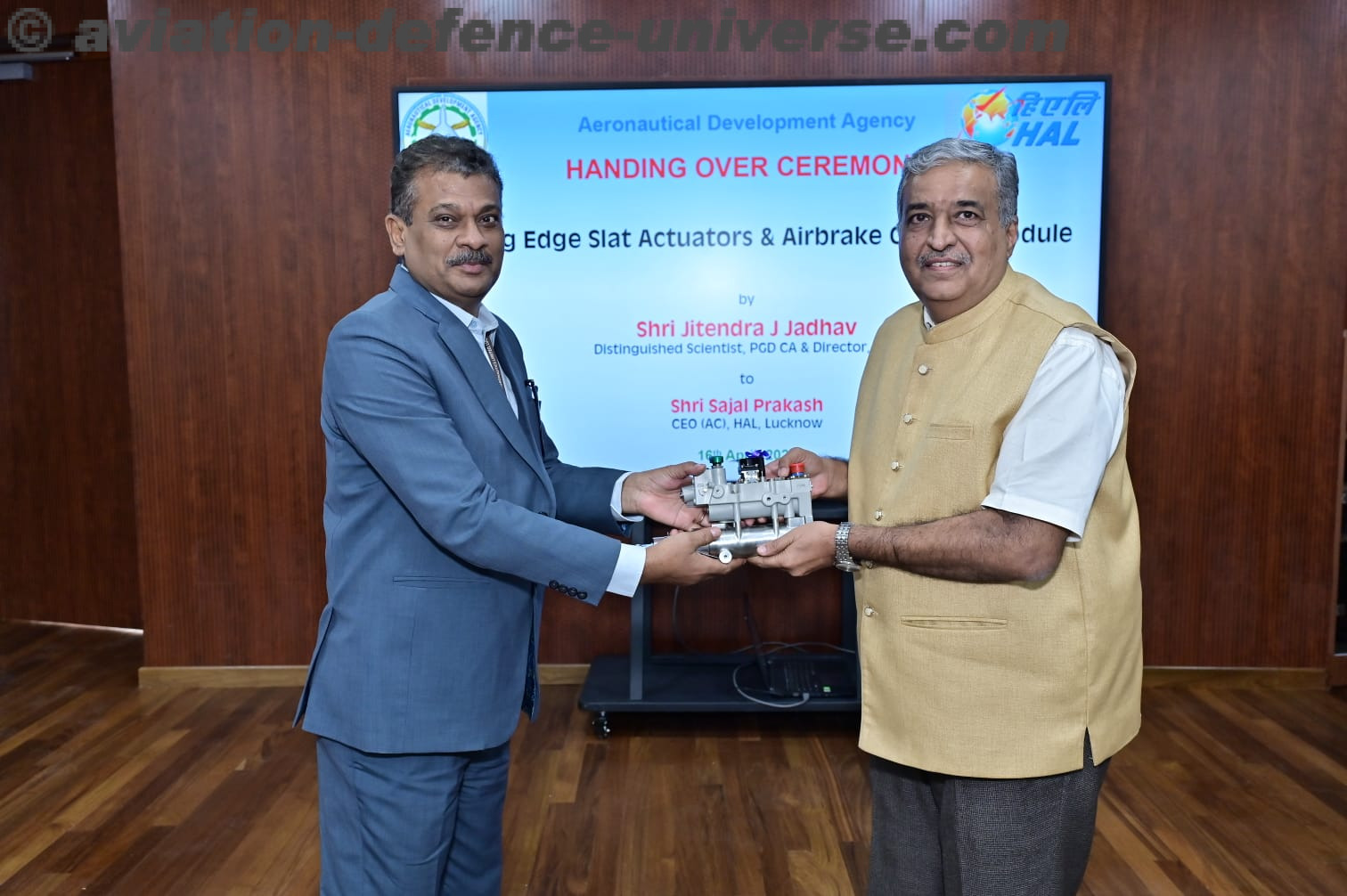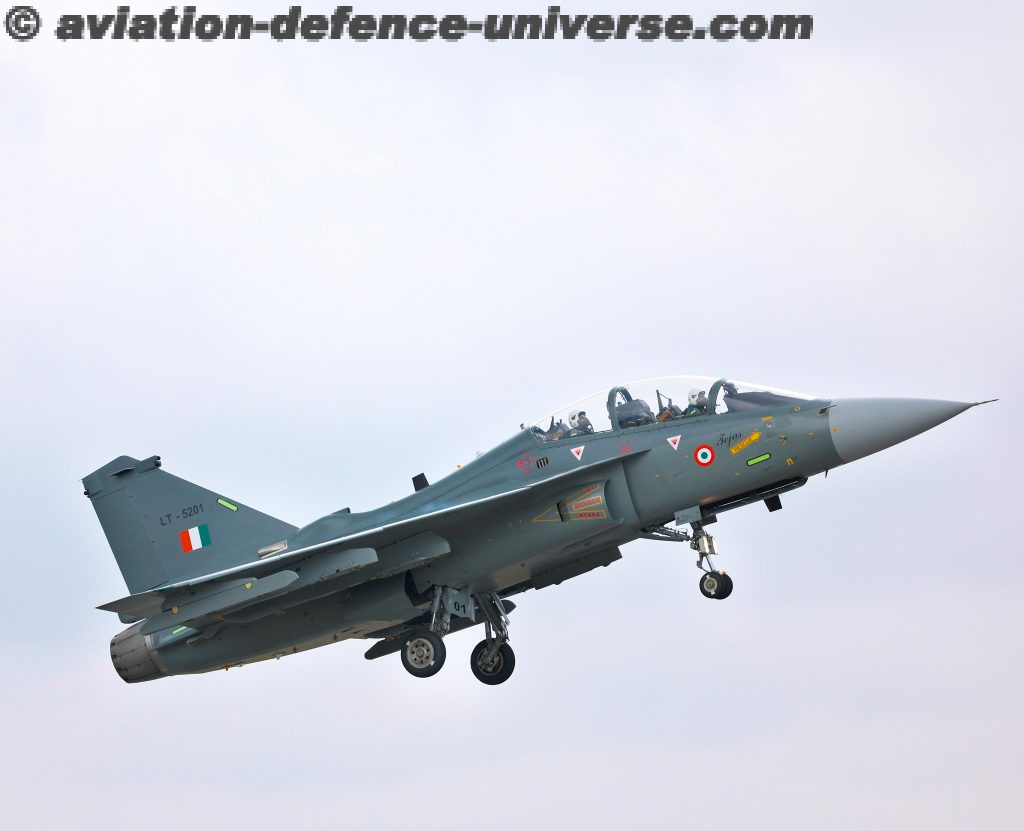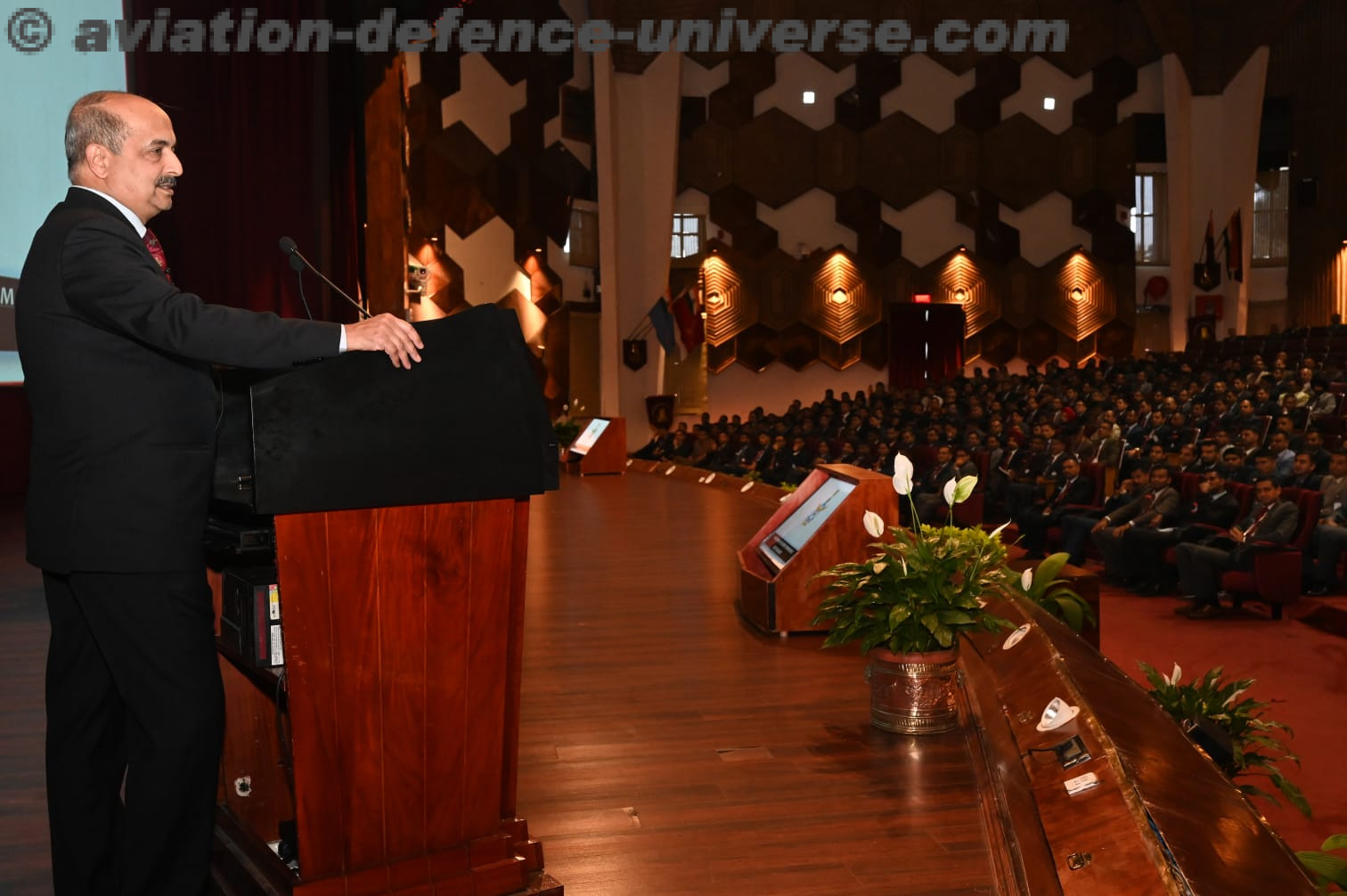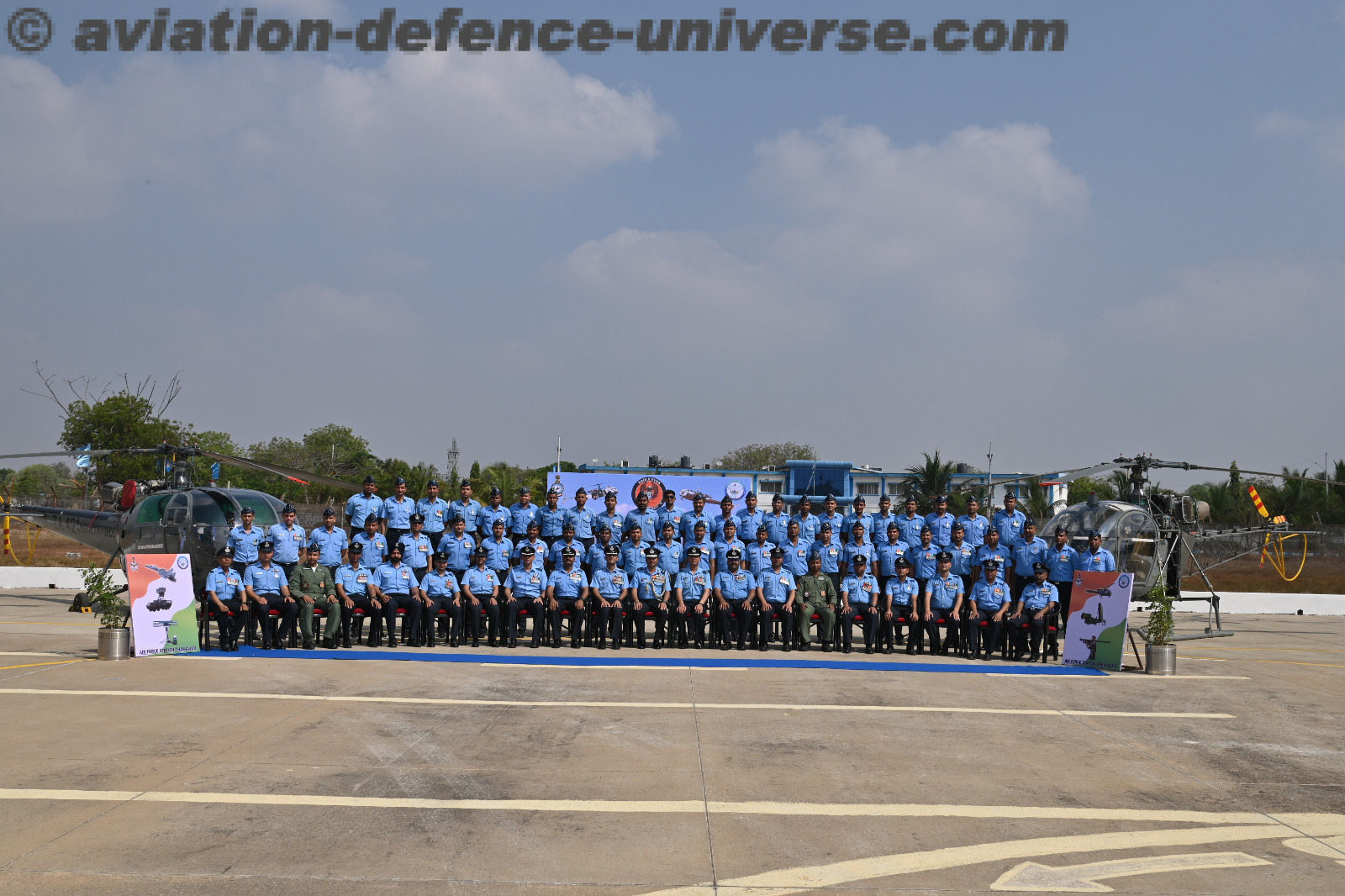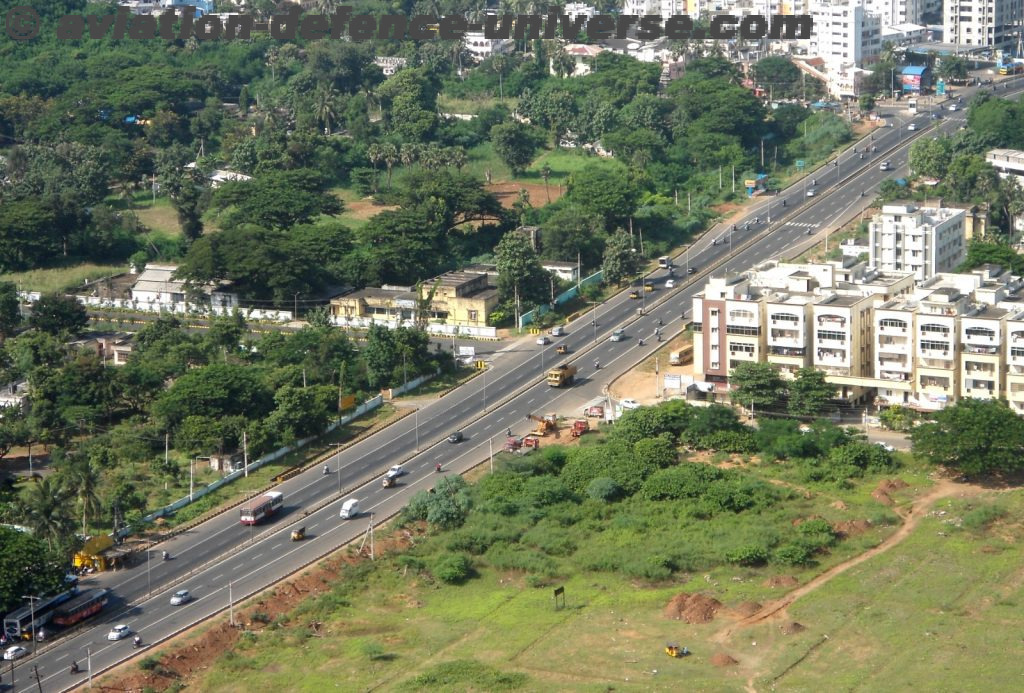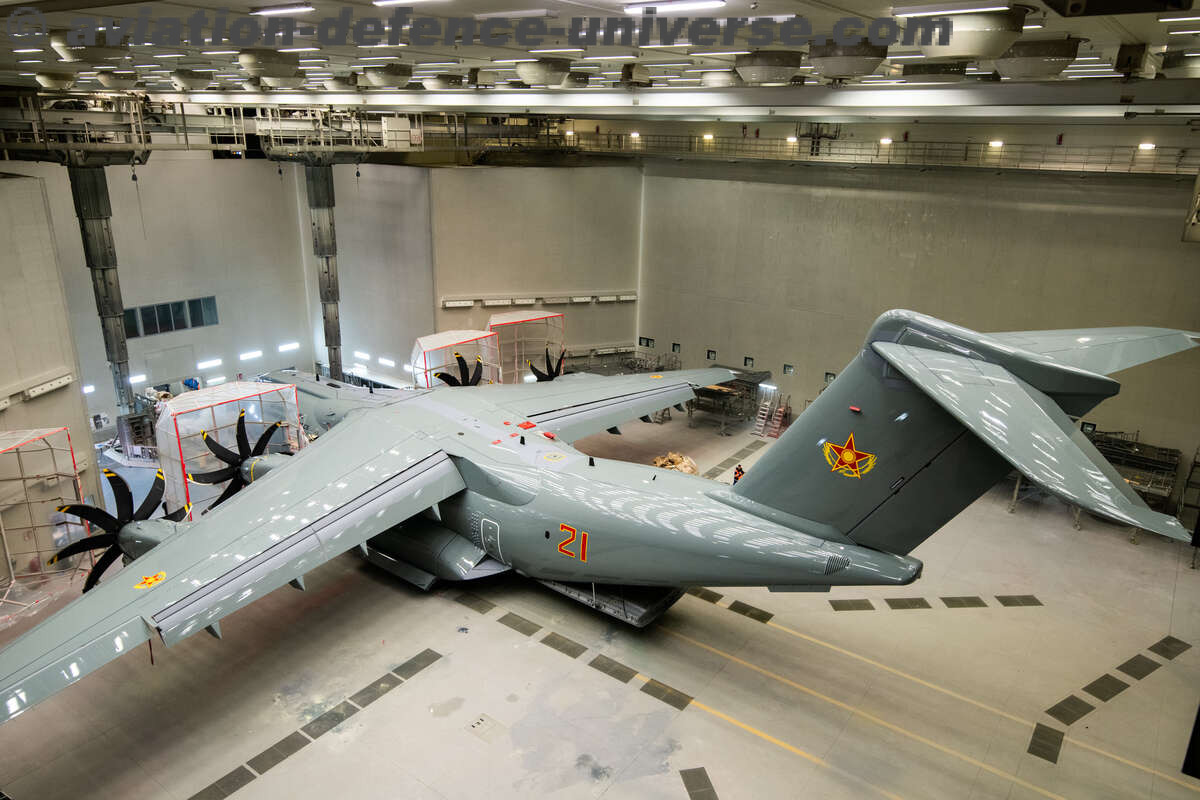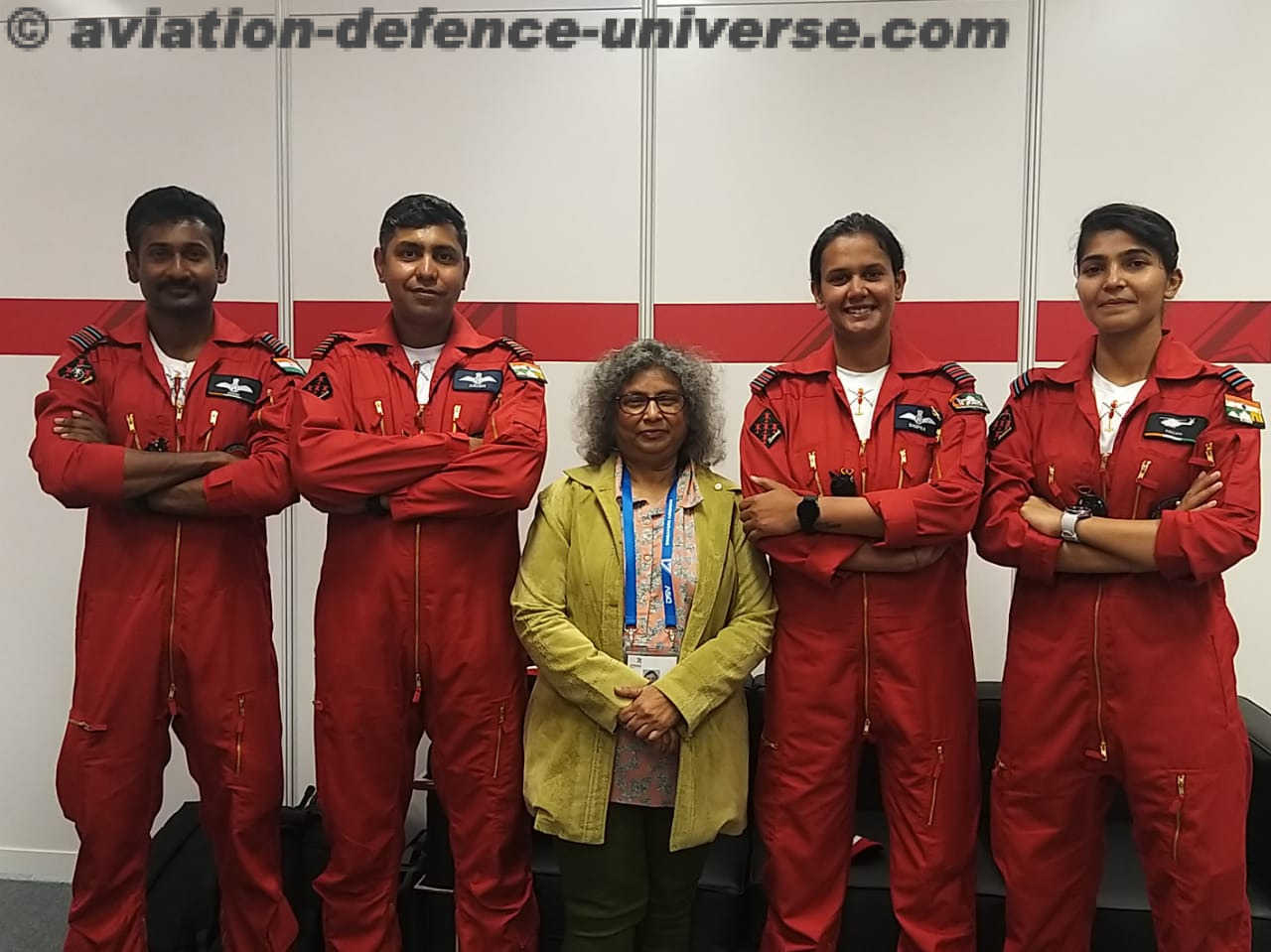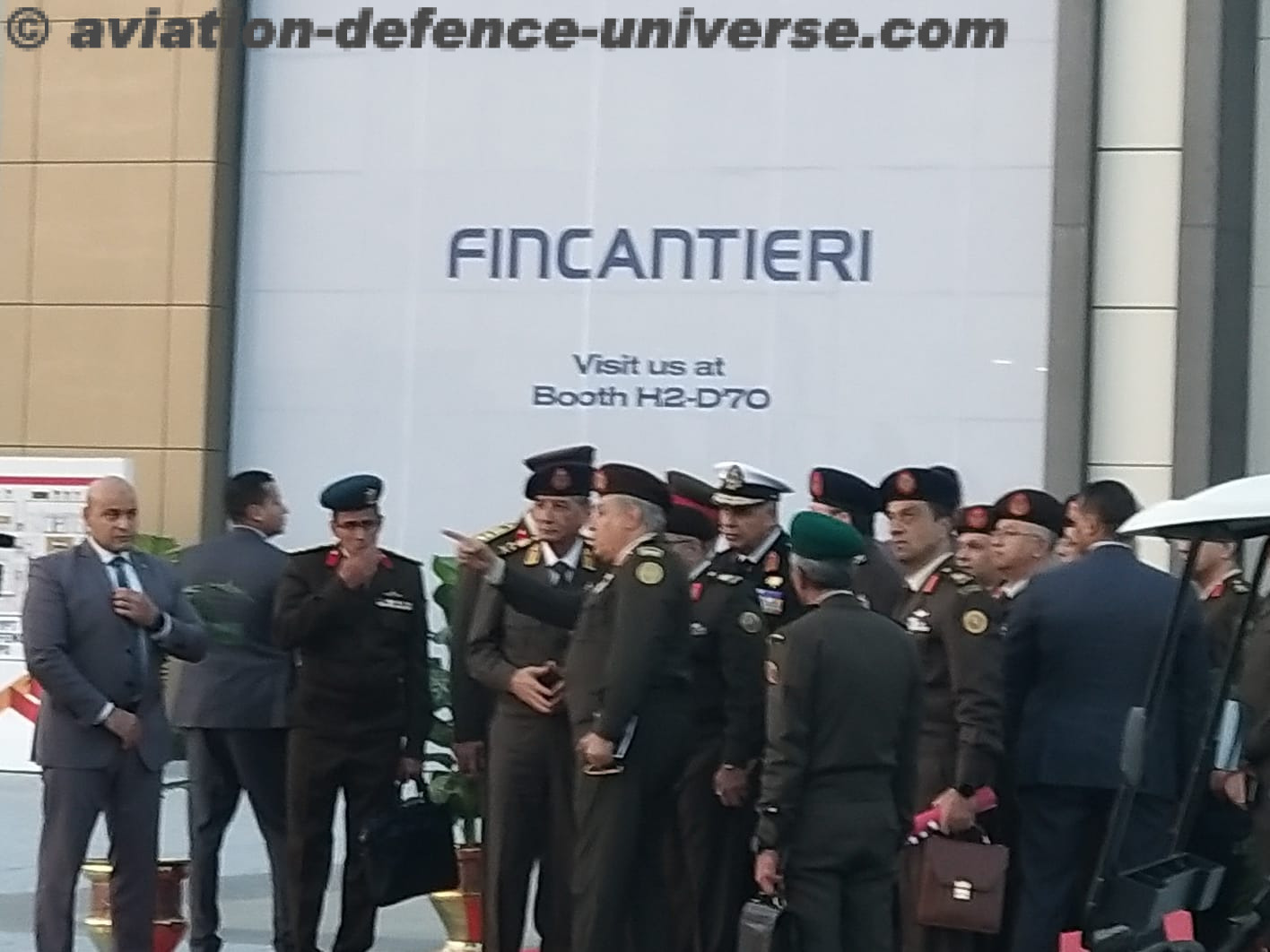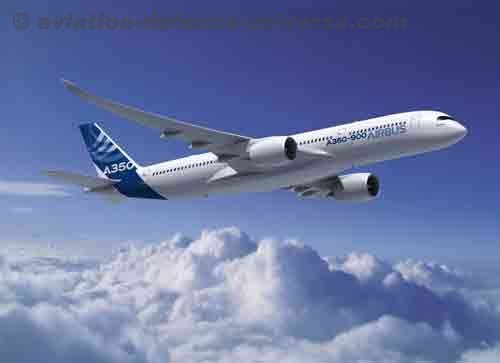New Delhi. 16 December 2019. The Ministry of External Affairs hosted the 6th Indian Ocean Dialogue and Delhi Dialogue XI and for the first time, these two Track 1.5 dialogues—which are key elements of the Indian Ocean Rim Association (IORA), and the India-ASEAN calendars respectively—were held consecutively, and on similar, Indo-Pacific themes.
The 6th Indian Ocean Dialogue re-imagined the Indian Ocean through an Expanded Geography”. The theme for this year’s Delhi Dialogue was “Advancing Partnership in Indo-Pacific”, and is being organized with the assistance of the Research and Information System (RIS) for Developing Countries.
The themes of each of these events was intended to build upon the growing recognition of the Indo-Pacific concept in strategic and academic circles within this region and beyond. The announcement of an ASEAN Outlook on the Indo-Pacific at the ASEAN Summit in June 2019, and Prime Minister Narendra Modi’s enunciation of India’s vision of the Indo-Pacific at the Shangri-La Dialogue in June 2018 are important drivers of MEA’s current effort to locate the Indian Ocean Dialogue and the Delhi Dialogue within the concept of a free, open, inclusive and rules-based Indo-Pacific.
The two events were intersected in the evening of December 13 in a joint Ministerial session, at which the Guests of Honour included H.E Mme Retno Marsudi, Foreign Minister of the Republic of Indonesia, and H.E. AK Abdul Momin, Foreign Minister of the People’s Republic of Bangladesh. The two Ministers delivered keynote addresses at this session, in the presence of External Affairs Minister Dr S Jaishankar.
The valedictory address of these events was delivered by the External Affairs Minister. Other distinguished guests included Special Envoys, Deputy Ministers and senior officials from Brunei Darussalam, Cambodia, Lao PDR, Myanmar and Thailand, as well as the Deputy Secretary General of ASEAN at the Delhi Dialogue as well as the Foreign Secretaries of Seychelles and Maldives, the IORA Secretary General and senior officials from South Africa and UAE, at the Indian Ocean Dialogue.
A number of highly-regarded scholars participated in these two dialogues, along with officials from ASEAN and IORA nations. Academics and scholars were from policy institutes, universities and international institutions in Australia, Vietnam, Thailand, the Philippines, Myanmar, Malaysia, Indonesia, Singapore, Japan, Sri Lanka, Russia, South Africa, Bangladesh, UAE, Oman, Iran, Mauritius, USA, Kenya and India.
Prior to both of these dialogues, MEA also hosted the first Expert Group Meeting on Academics, Science and Technology of IORA—an official mechanism of the IORA that is intended to promote structured cooperation on academics, science and technology among the 22 member states of IORA. This inter-Governmental meeting will be run by the Department of Science and Technology of India, and is expected to produce a first Work Plan for the Group, to enhance tangible cooperation among the diverse members of the Indian Ocean community.
Through these processes, India intends to emphasize its open and inclusive approach to fostering a cooperative, free, and rules-based Indo-Pacific domain, in which all nations and their aspirations for development have equal space to find expression.




